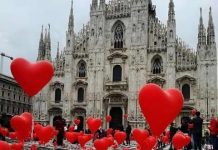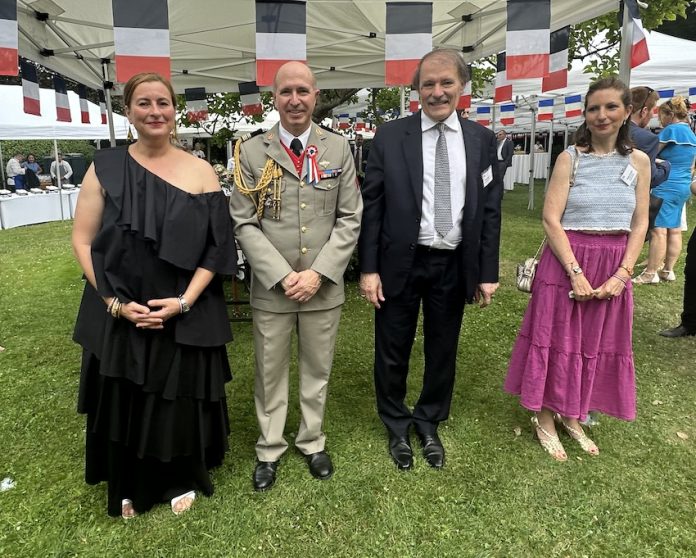Edited by Anna Popper
The French National Day, also known as Bastille Day, is celebrated annually on 14 July and holds a significant place in French history and culture. It commemorates the pivotal event in 1789, when a discontented Parisian crowd stormed the Bastille, a royal fortress and prison, marking the beginning of the monarchy’s collapse and igniting the French Revolution. A year later, in 1790, the celebration of “Federation Day” further solidified the spirit of the revolution, uniting the French people and emphasizing national harmony. This revolutionary period led to the creation of the French Republic, founded on the powerful principles of Liberté, Egalité, Fraternité.
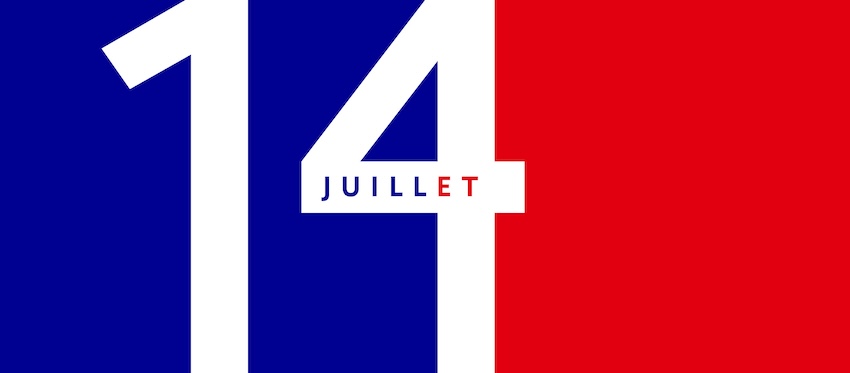
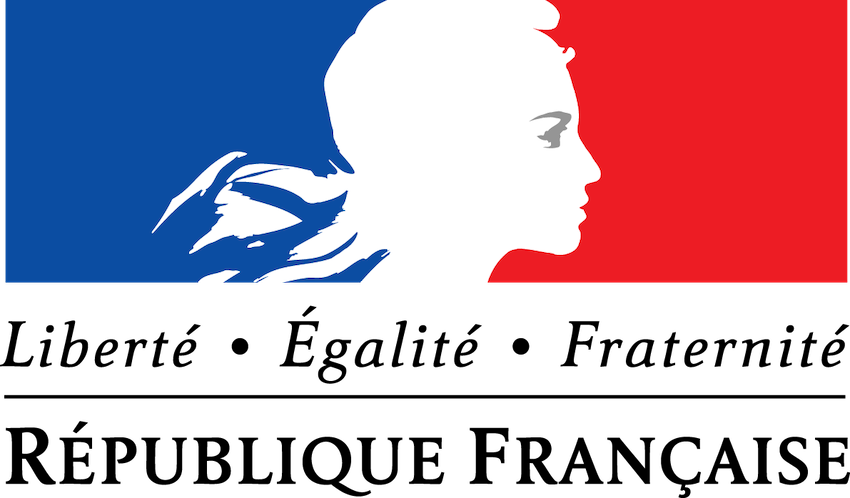
Over the years, 14 July has evolved into a powerful symbol of freedom and peace, reflecting the core values of the French Republic. In 1880, it was officially declared as France’s National Holiday, marked by military parades, fireworks, balls and widespread public celebrations in French communities.
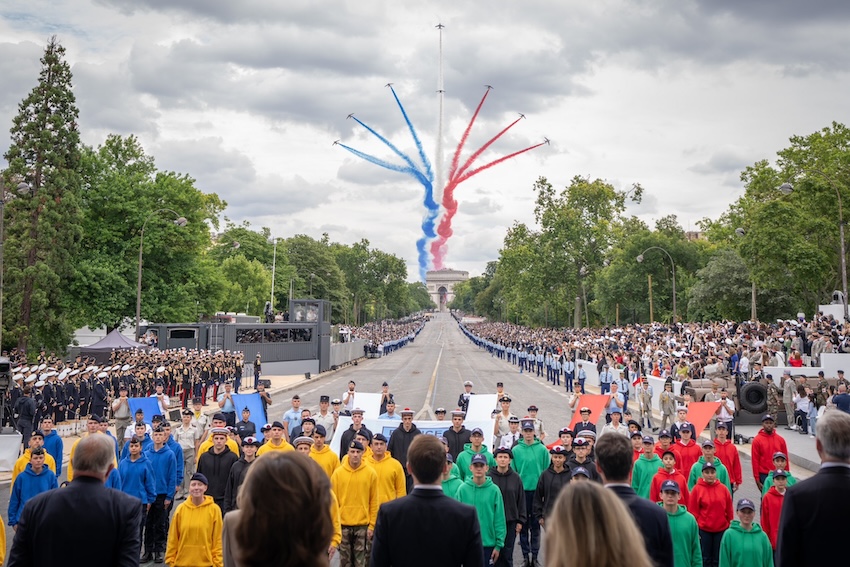
This year, the significance of this day is heightened by the Paris 2024 Olympic Games, which embody the values of unity and excellence.
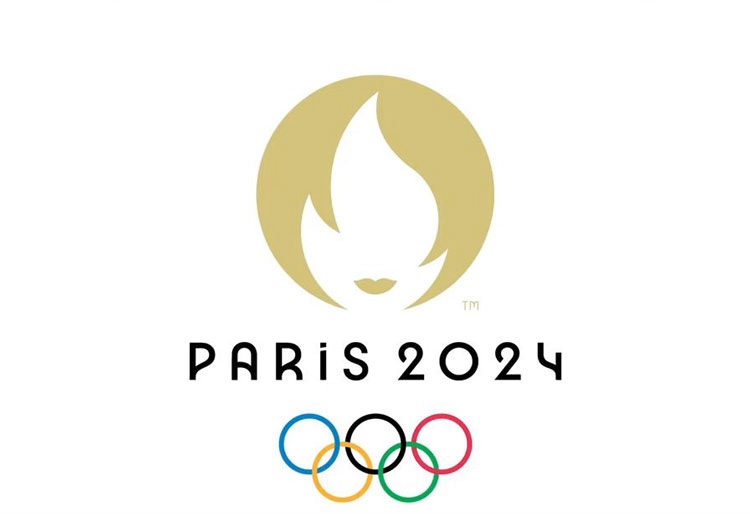
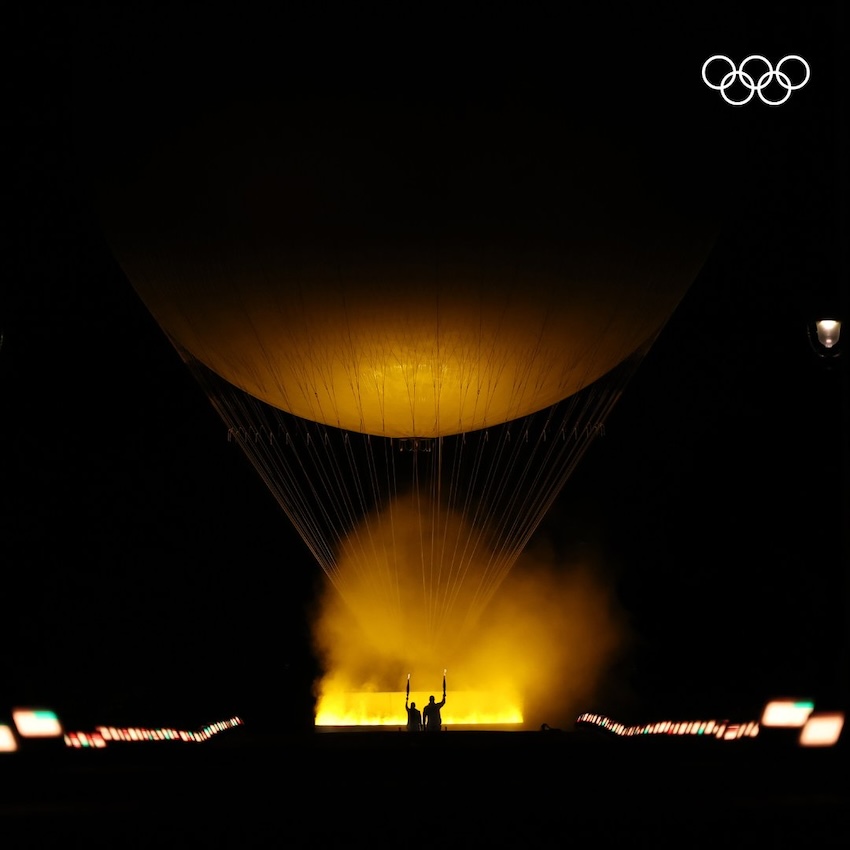
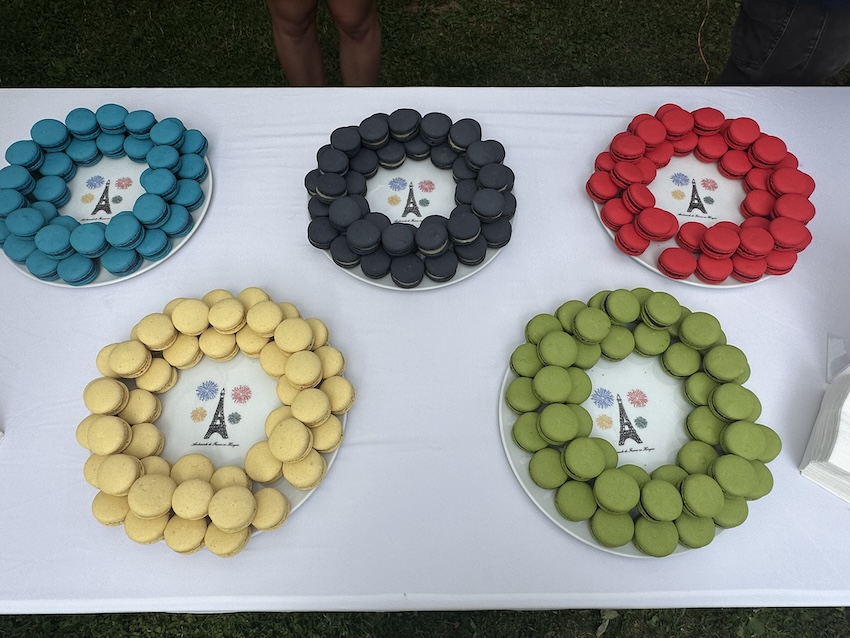
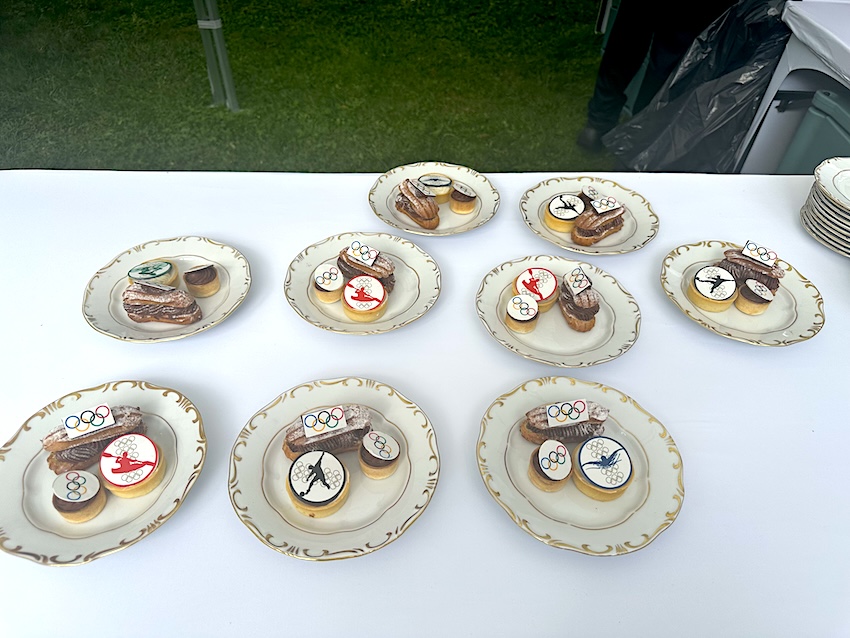
2024 also marks the 80th anniversary of the Liberation of France from Nazi occupation during WWII and the 80th anniversary of D-Day, the Normandy landings, the largest combined arms operation in military history and the ultimate victory in the war.
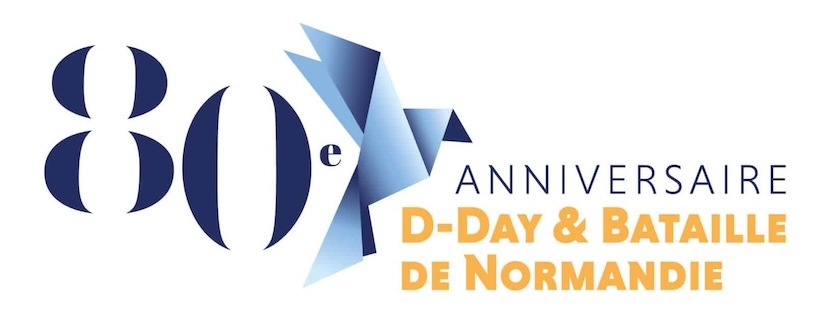
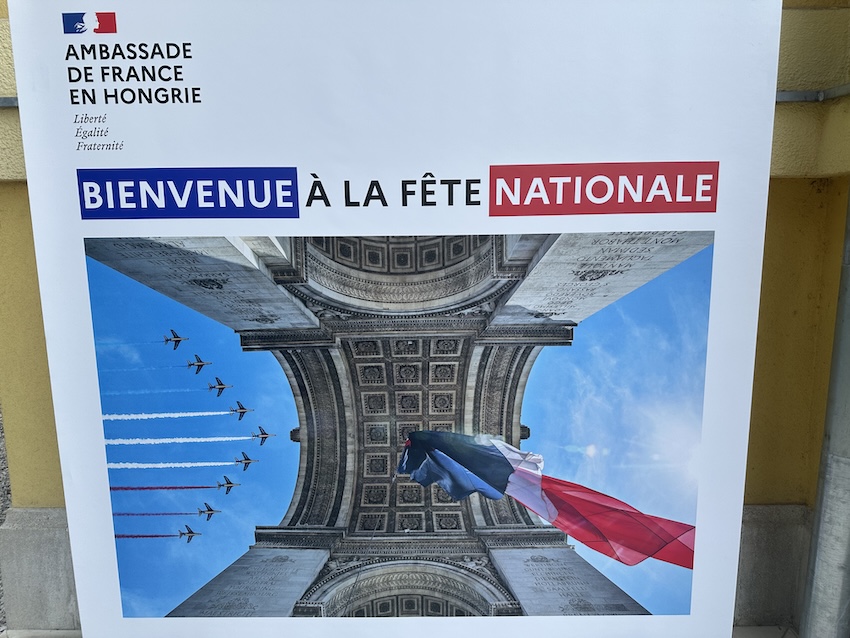
To celebrate this momentous day, the French Embassy in Hungary hosted a grand reception in the gardens of the French Residence in Budapest.
The event was attended by hundreds of invitees, including senior government officials, members of the diplomatic corps, members of the Hungarian Parliament, representatives from the political, academic, cultural, sports and business sectors, as well as French nationals and friends of French culture and language. The Guest of Honour was Mr. János Bóka, Hungarian Minister of European Union Affairs.
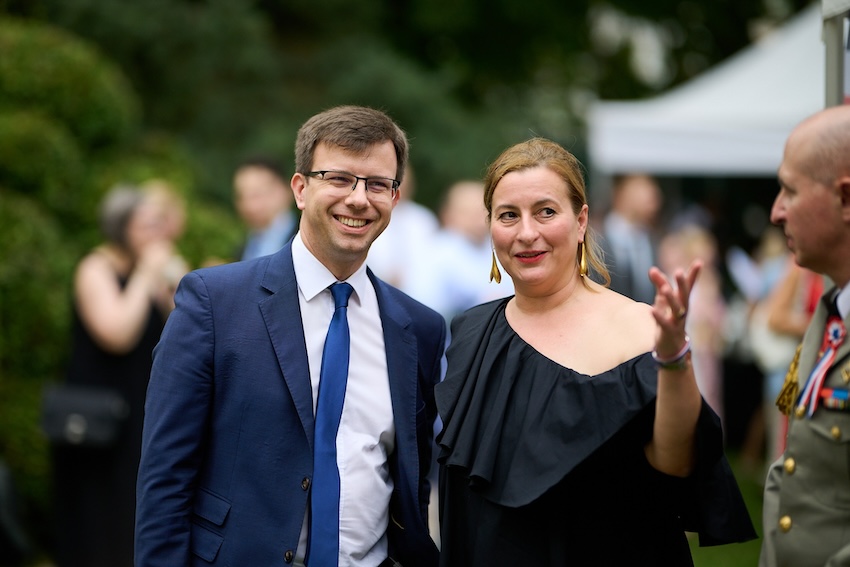
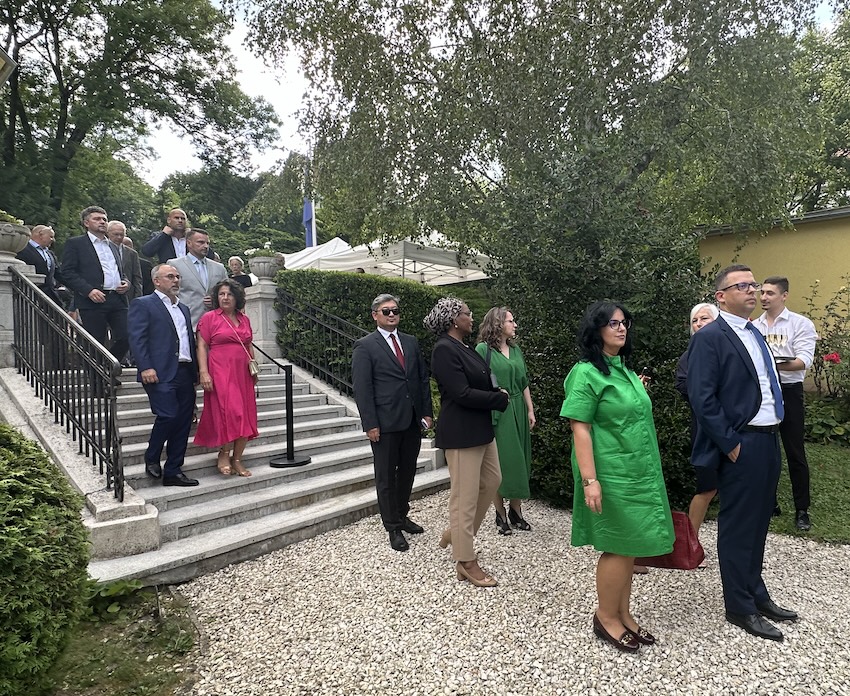
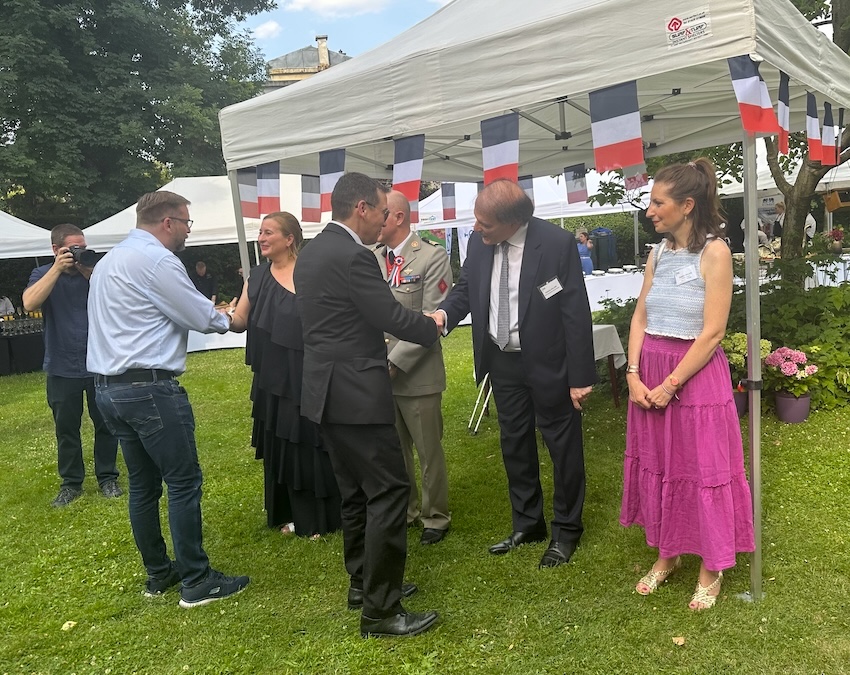
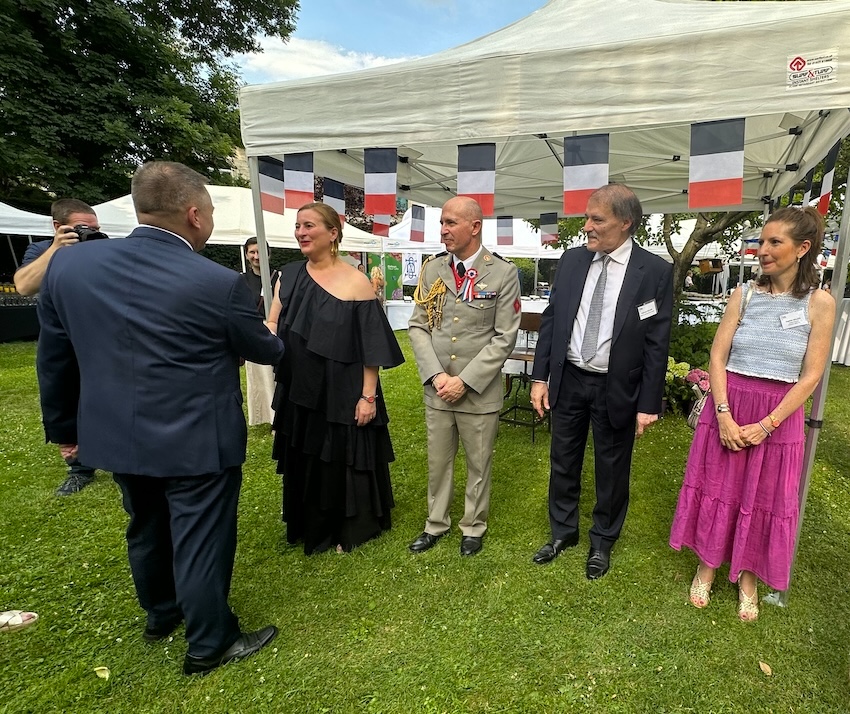
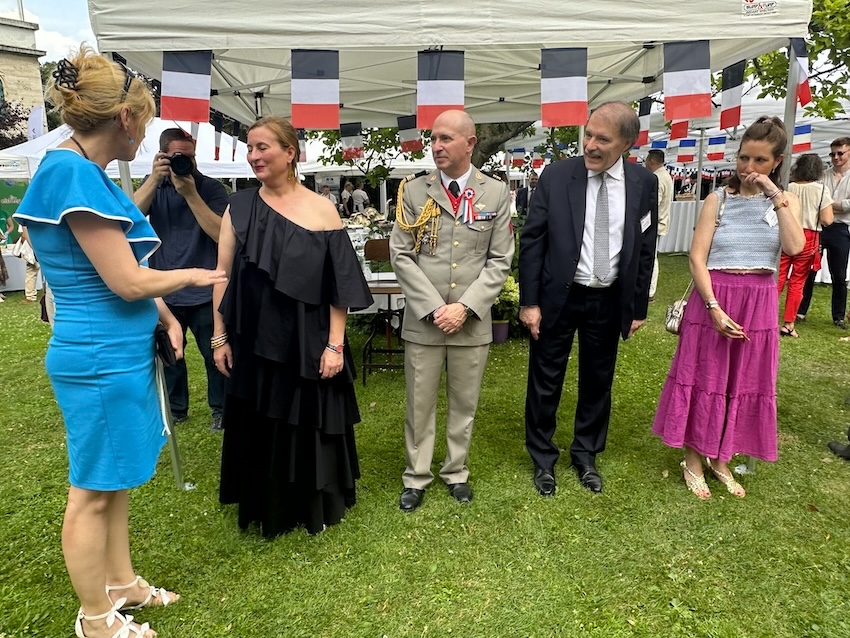
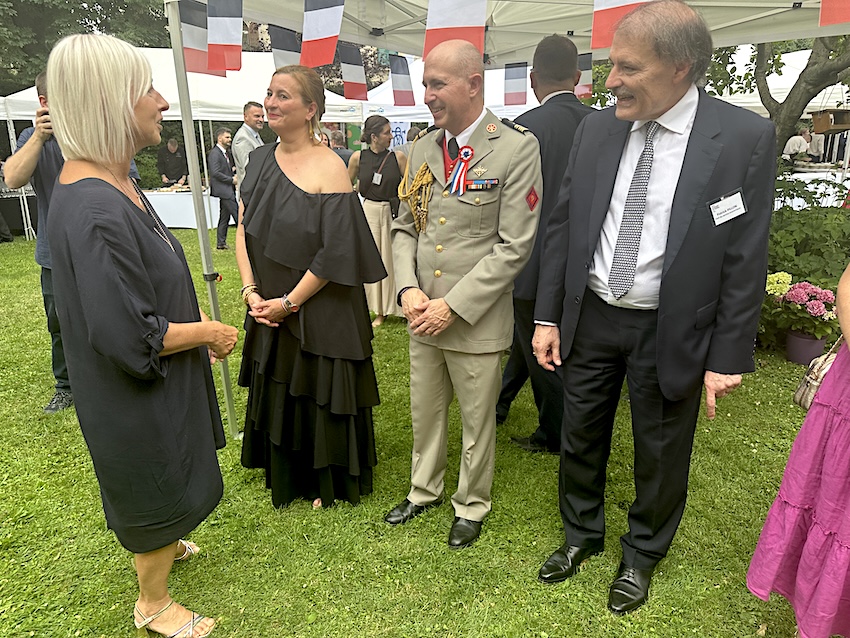
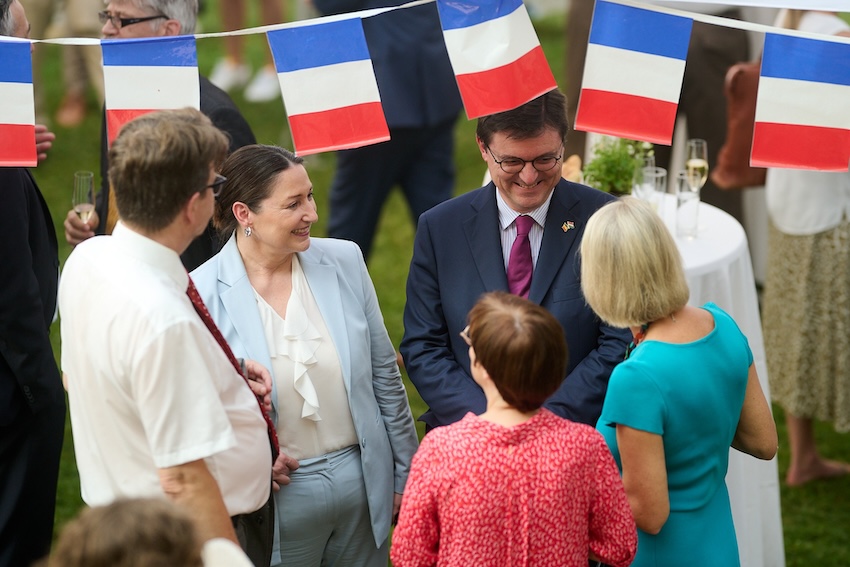
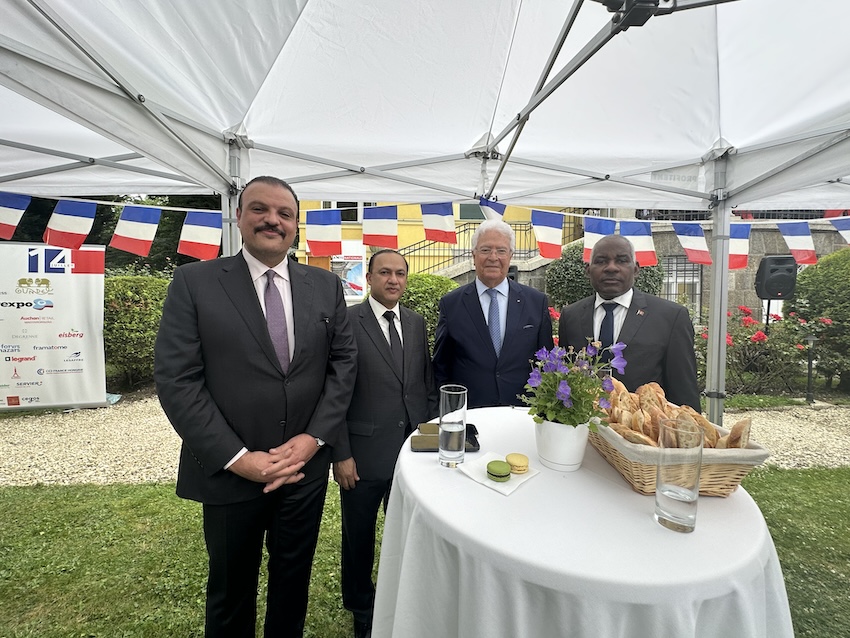
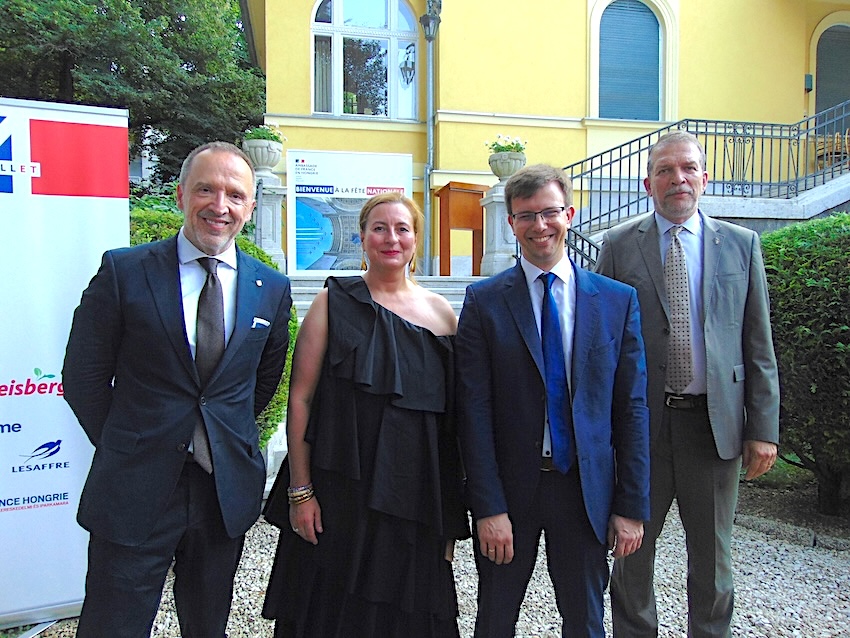
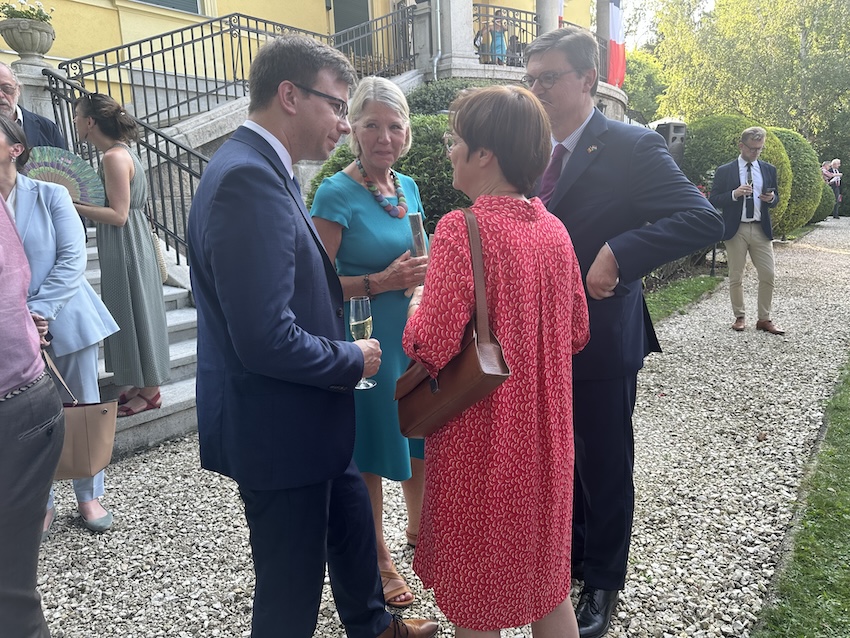
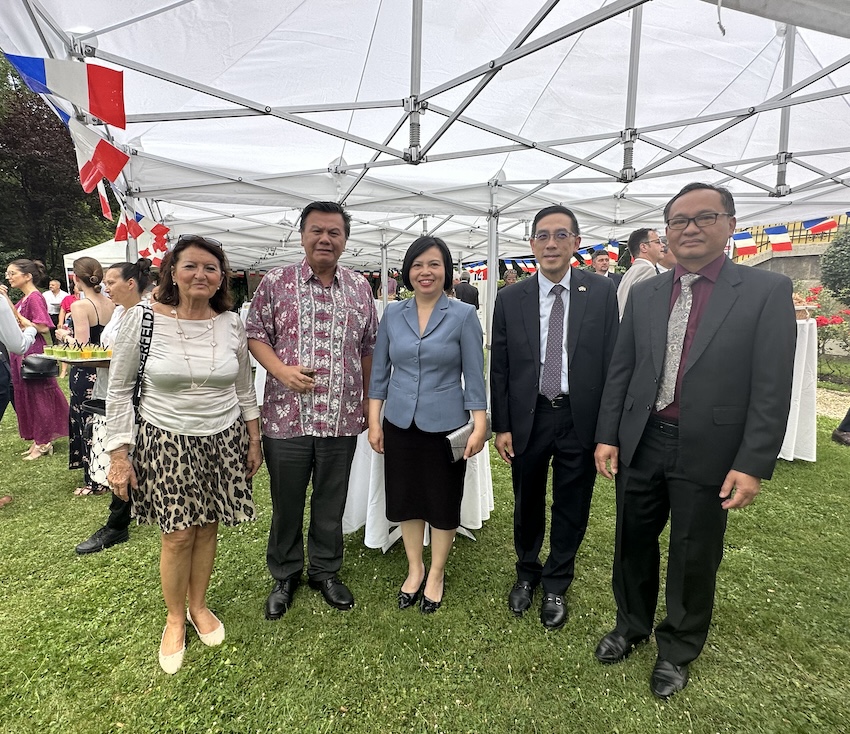
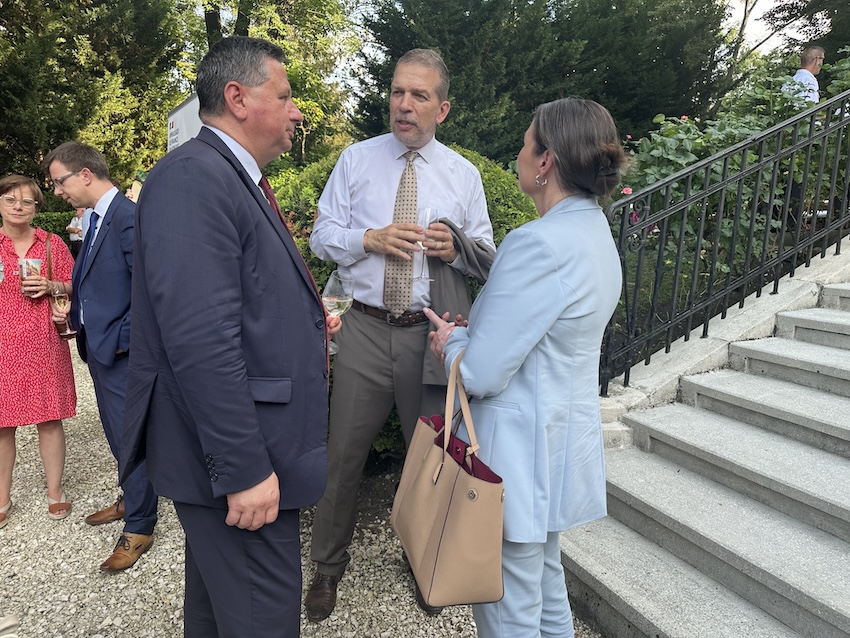
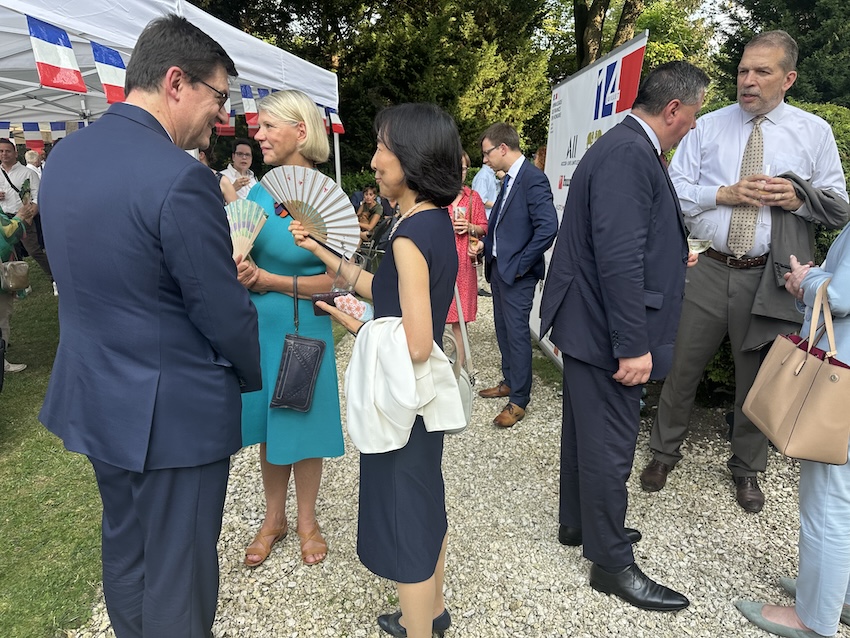
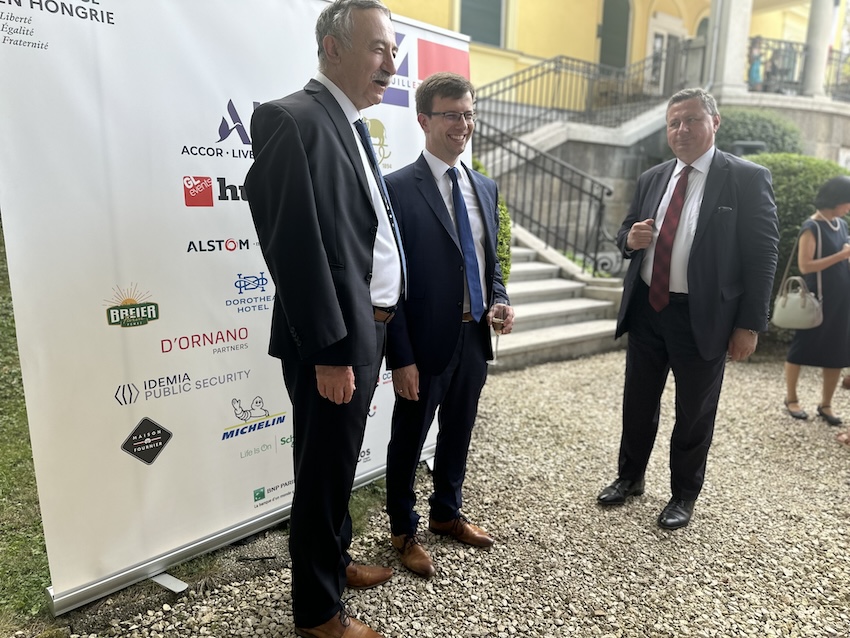
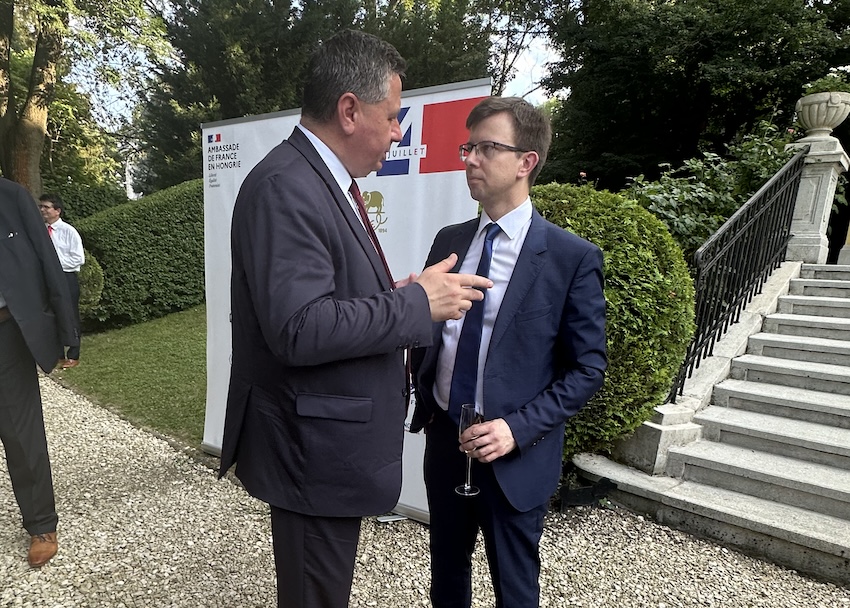
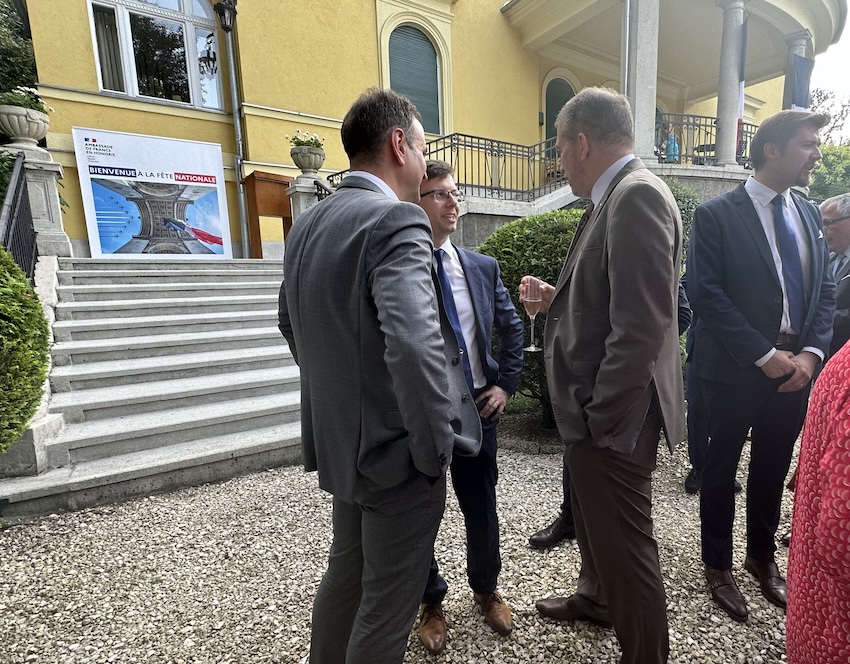
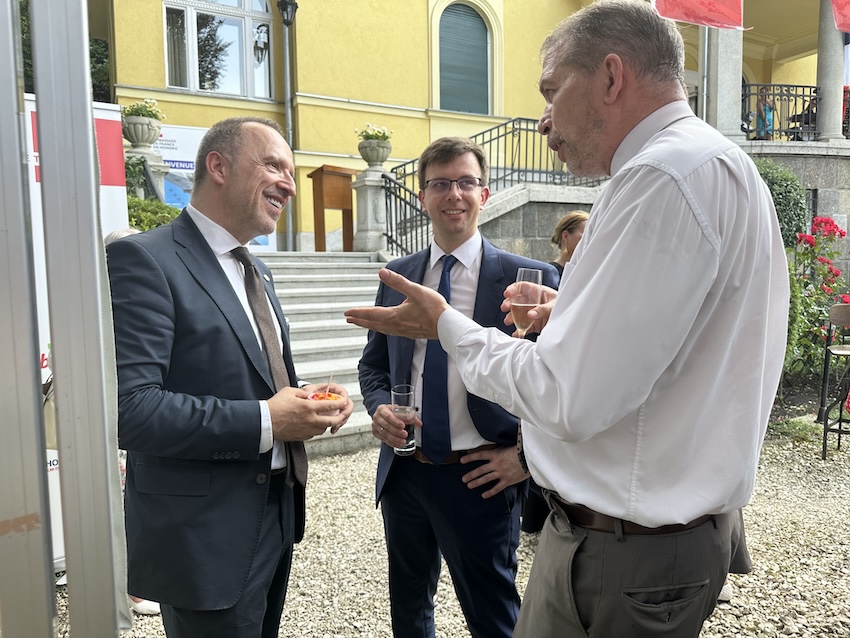
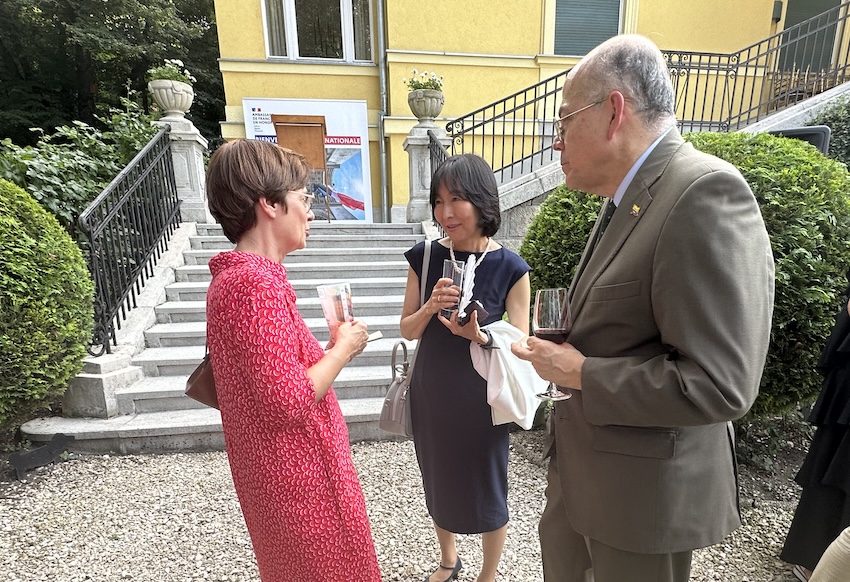
The event commenced with the national anthems of France and Hungary performed by the Hungarian Army Orchestra.
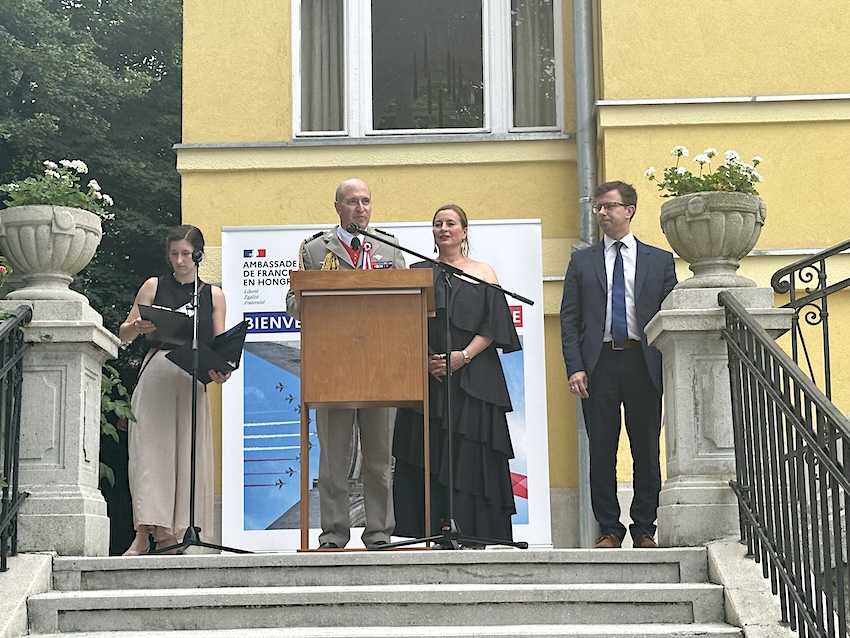
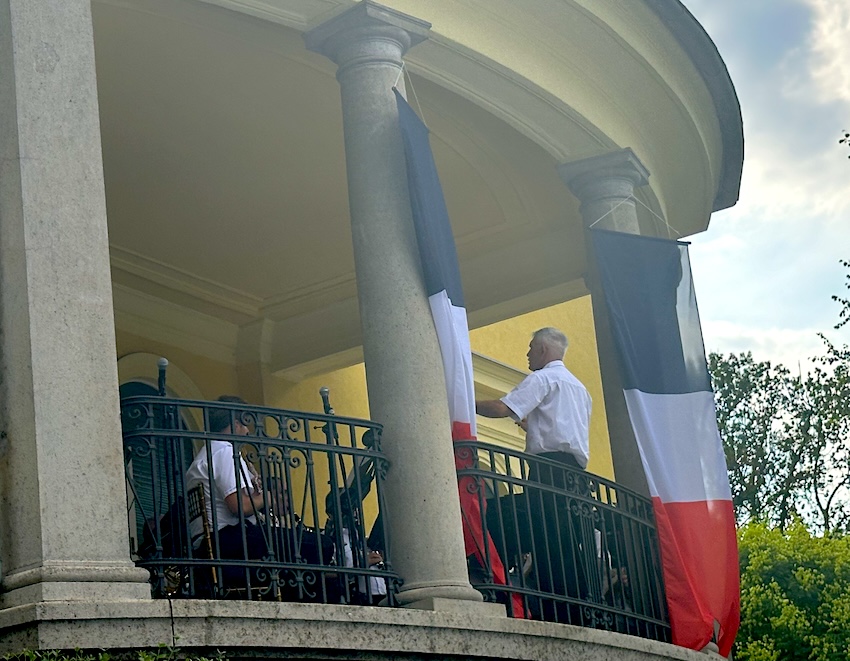
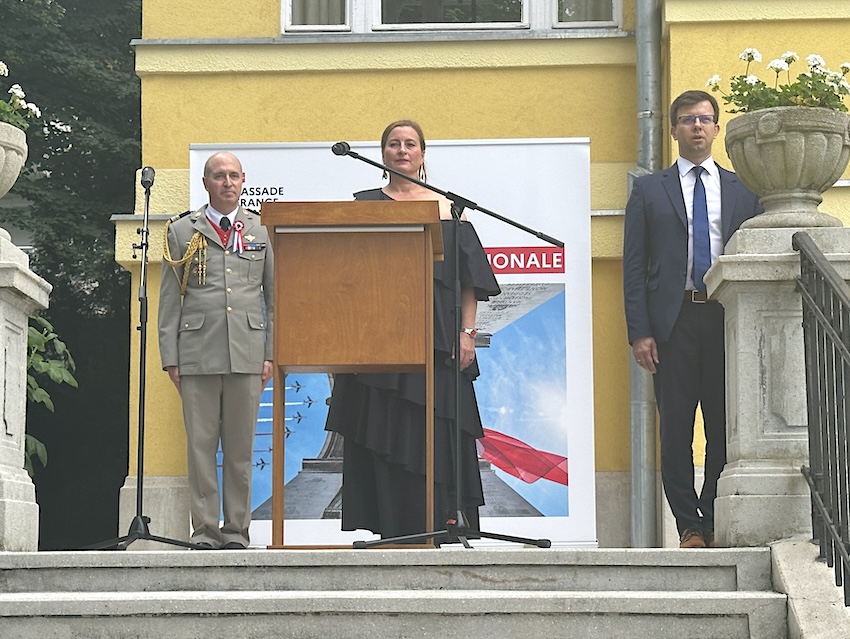
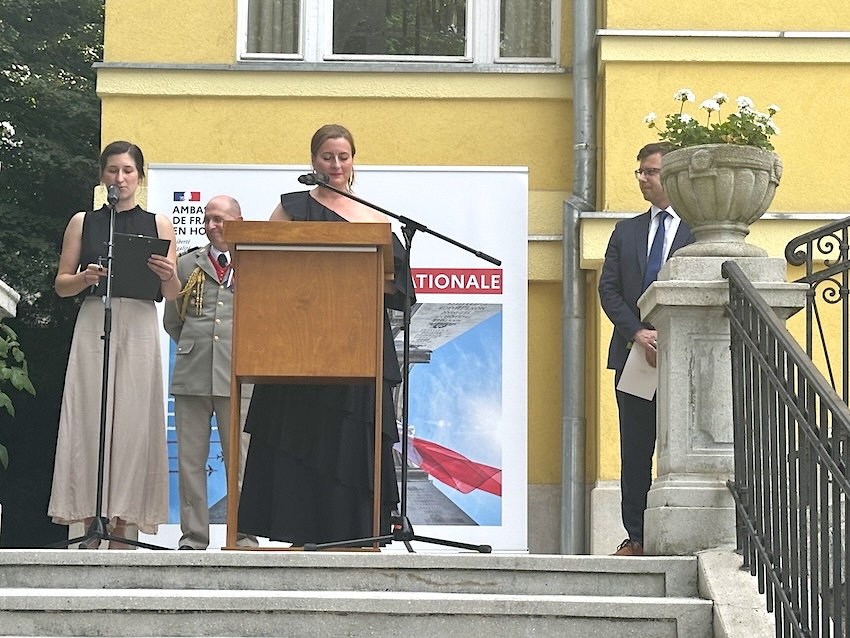
It was followed by the speech in French of Ms. Julie Thisse, Chargée d’Affaires of the French Embassy in Hungary, in which she recalled the ties that unite the two countries on cultural, linguistic, sporting, economic and political levels:
“Minister, Ladies and Gentlemen, Dear Friends, it is my great pleasure to welcome you today to celebrate our national day. During these intense times for our respective countries and for Europe, I extend my warmest thanks to Minister János Bóka for joining us. Your presence here highlights the strength of ties between France and Hungary, enriching our relationship and making it particularly fruitful.
This year, our cultural connection has shone brightly with joint celebrations such as the Auguste Renoir exhibition at the Museum of Fine Arts and the exhibitions dedicated to artists Judit Reigl in Budapest and Vera Molnár in Paris. Our cultural journey with Hungary continues with France as the guest of honour at the 29th Budapest International Book Festival in September 2024. Mutual interest in French and Hungarian literature continues to grow.
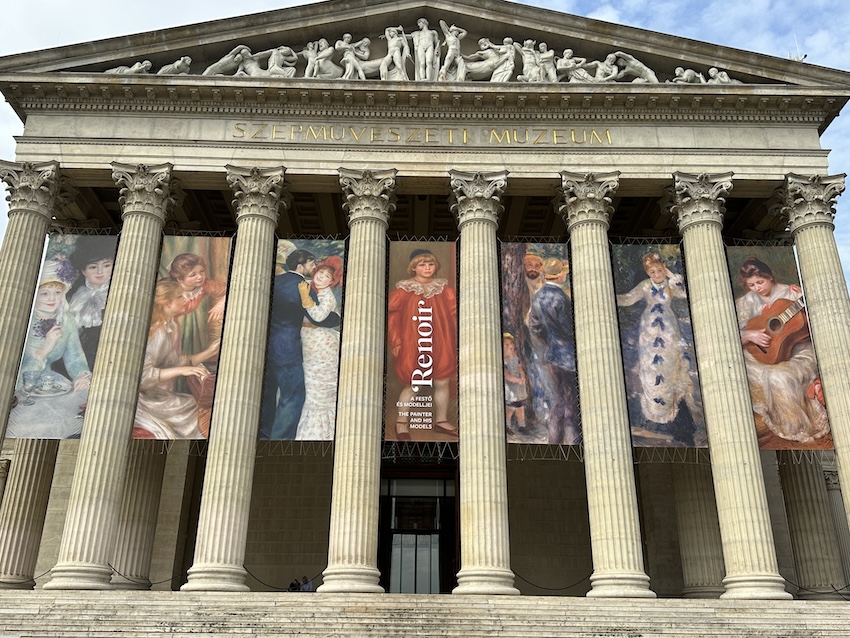
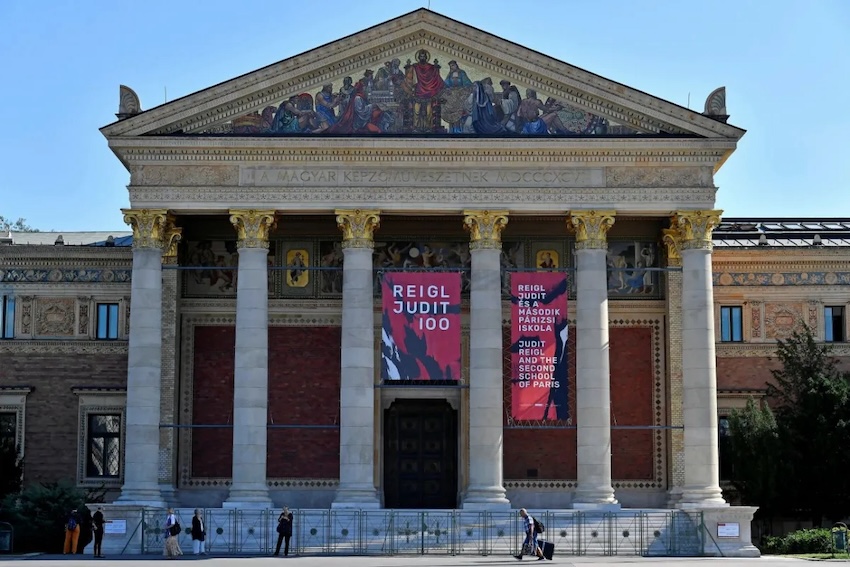
We cherish the linguistic bond with which Hungary honours us. Every year, hundreds of Hungarian children choose to learn French, becoming the bridge of tomorrow between our countries. On 4 October, the International Francophonie Summit will take place in France at the Cité internationale de la langue française in Villers-Cotterêts. Hungary, as an observer member, will join us in celebrating the connection of people who share the French language. I salute the French teachers in Hungary who embody our deep friendship and promote these ties.
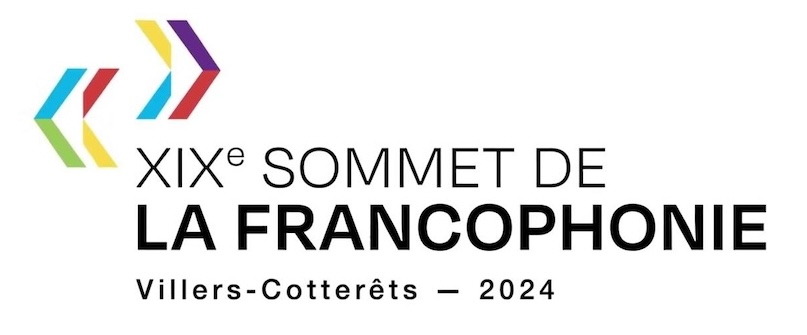
This celebration is also marked by the Paris Olympic Games, opening on 26 July, followed by the Paralympic Games. These competitions embody values dear to us: excellence, respect and friendship. We welcome many representatives of the Hungarian sports world and top athletes today. I also wish good luck to the finalist teams of the Euro football championship: England and Spain.
Our economic relations with Hungary are dynamic, France is the 5th largest investor in Hungary. Our partnership is expanding to new sectors, such as defence, transport, digital and space. I have to mention the successful launch of the Ariane 6 rocket on 9 July, a crucial project for Europe’s independent access to space. Together we contribute to building European strategic autonomy.
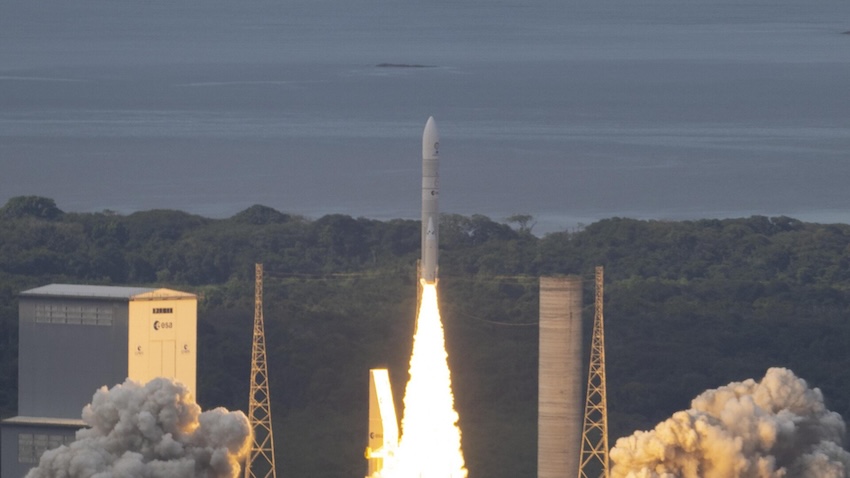
We share a political and strategic bond and these festivities remind us of the serious moment for European security. Two years since Russia’s invasion of Ukraine, France stands, and will continue to stand, with Ukraine, welcoming its first steps towards future EU membership.
Mr. Minister, since 1 July you have held the Presidency of the Council of the EU at a crucial moment for Europe’s future. The coming months will see many European leaders visiting Hungary, discovering the beauty of Budapest, the Hungarian language, and the rich culture of this country. They will also address the common challenges of our continent.
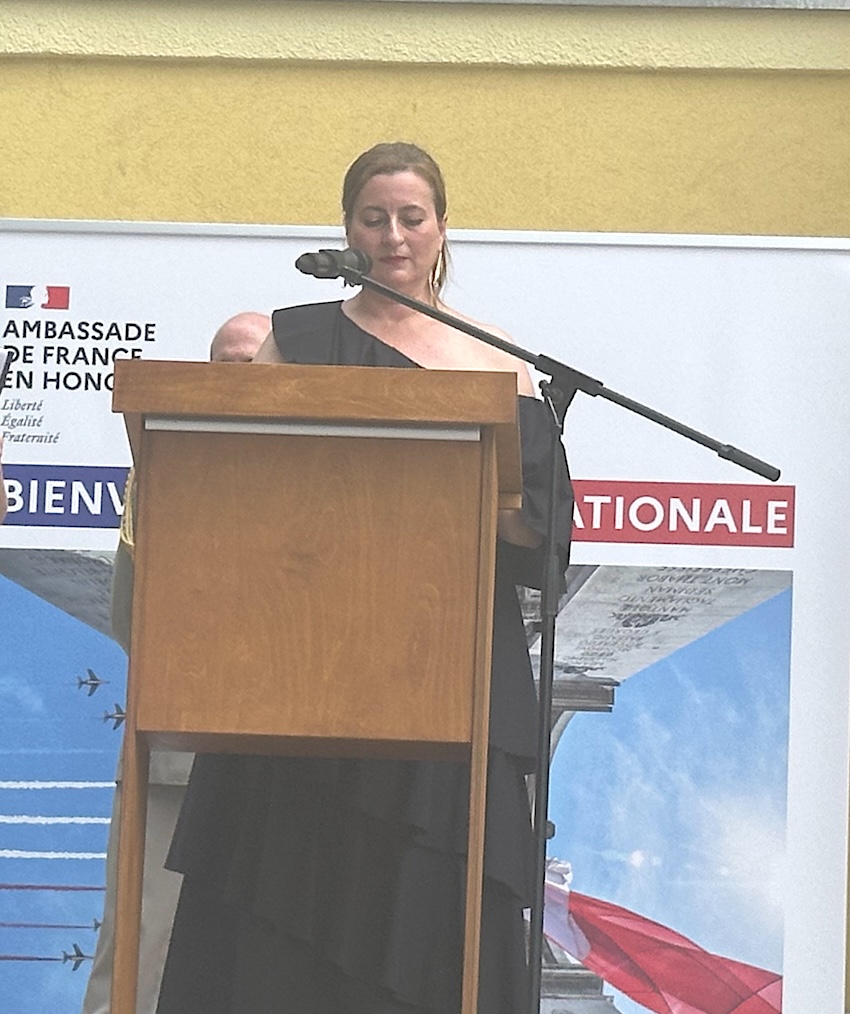
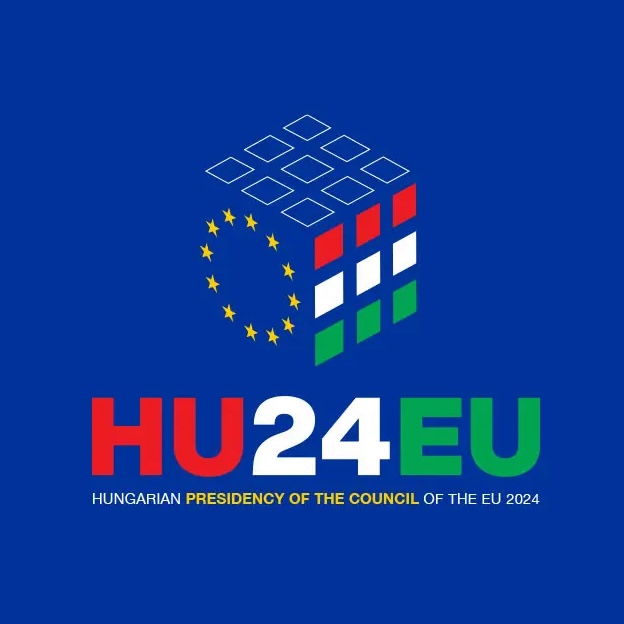
Before we immerse ourselves in celebrating France, savouring its wine and tasting its culinary delights, it is my great honour to hand over the podium to a distinguished guest and friend of our country, Mr. János Bóka, the Hungarian Minister for European Affairs. Your presence, dear János, is a testament to the enduring and cherished relations between France and Hungary.
Köszönöm, miniszter úr, és éljen a francia-magyar barátság. Thank you, Mr. Minister, and long live the French-Hungarian Friendship.”
In his speech, the Guest of Honour, Minister Bóka stated:
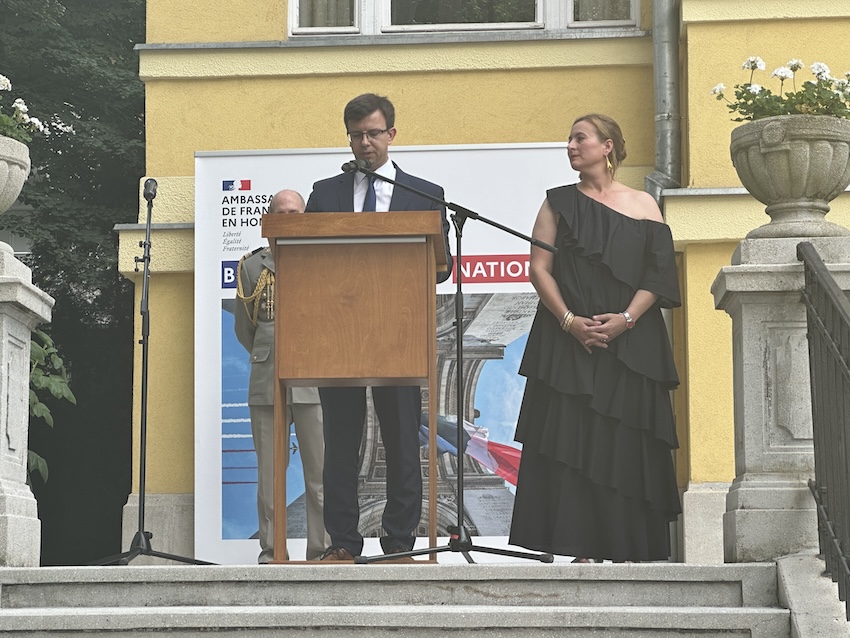
“Excellencies, Dear Colleagues, Ladies and Gentlemen, Dear Julie, I am honoured by the invitation to share my thoughts with you at this friendly celebration on the occasion of the French National Day, la Fête Nationale Française.
Today we celebrate France and its nation. For me, France has always been a symbol of some of the most valuable achievements of our European civilization. Occasionally, we have had the privilege of standing side by side during the trials of history. Even when we didn’t, this did not affect the respect we have always had for France and the French people. Now we are allies in NATO and partners in the European Union. We decided that our future is common and our future is European. This decision is certainly not the end of history, but definitely the beginning of a new one.
President Macron said in his second Sorbonne speech: ‘À mes yeux, parler de l’Europe, c’est toujours parler de la France’. I think, this applies the other way round as well, and to Hungary too. Speaking of France and Hungary, we are speaking of Europe, and for Europe, we have a shared responsibility. This shared responsibility is more important now than ever.
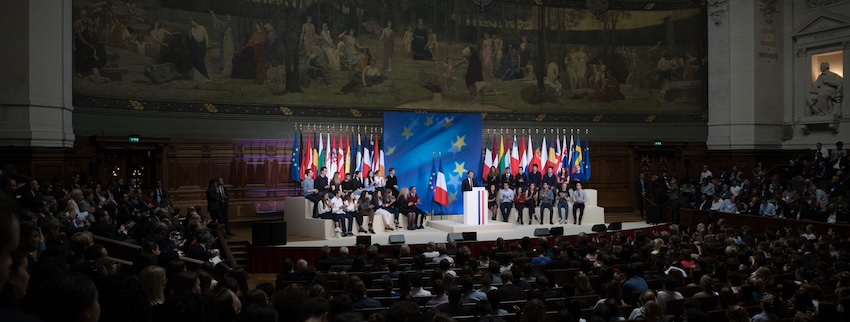
That is why our EU Presidency focuses on strengthening European security and defence policy, enhancing the competitiveness of our economies, protecting our external borders, establishing comprehensive partnerships with neighbouring countries, offering new perspectives for the common agricultural policy and cohesion, and pursuing EU enlargement as an objective and measured process.
For a final time, I would echo the words of President Macron: ‘Je crois que nous pouvons reprendre le contrôle de nos vies, de nos destins, par la puissance, la prospérité et l’humanisme de notre Europe’. (I believe that we can regain control of our lives and our destinies through the power, prosperity and humanism of our Europe.)
These objectives and the European Union offer a very strong common platform for our cooperation within the framework of our alliance and partnership. I am honoured to have the opportunity to reconfirm and reaffirm this alliance and partnership on the occasion of the French National Day. Vive la France, Vive la Hongrie, Vive l’Europe.”
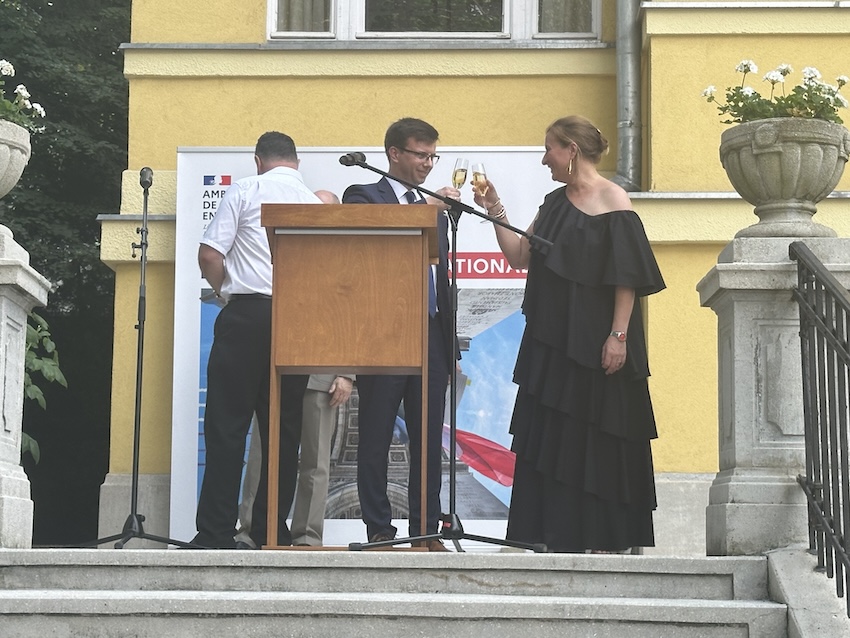
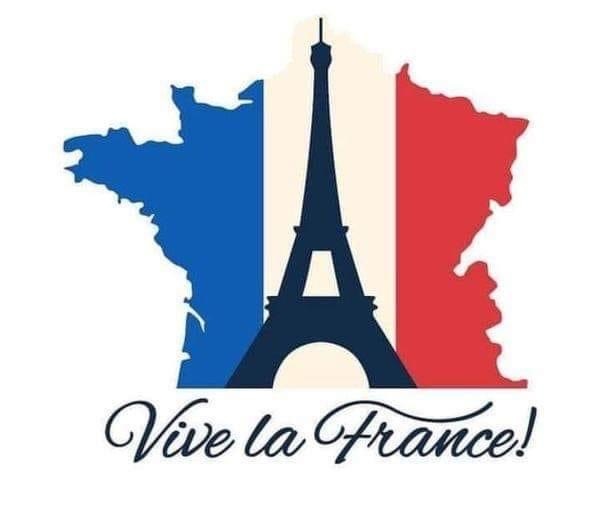
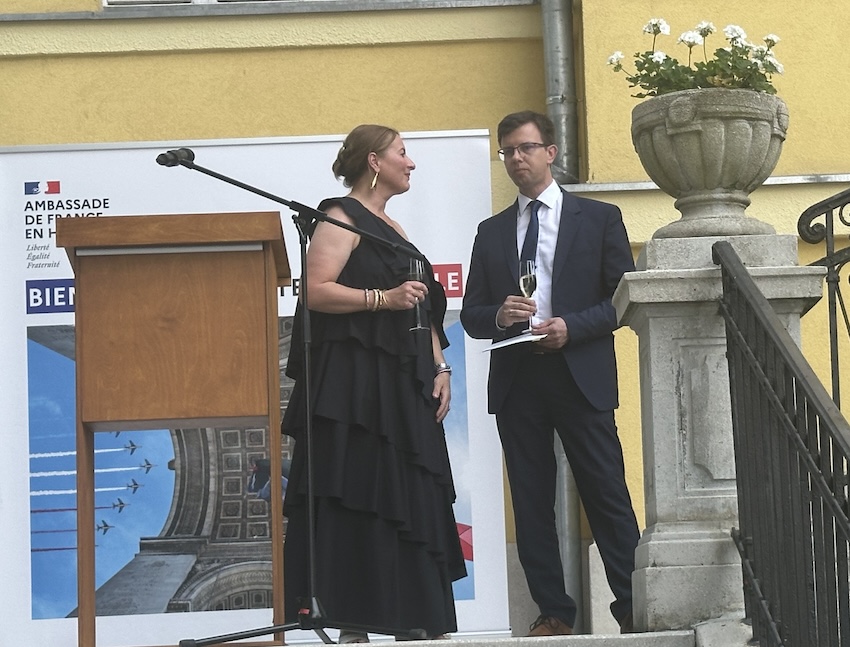

In the warm summer weather, guests from various walks of life shared moments of conviviality around a generous buffet of specialities and delicacies of the famous French gastronomy, excellent wines and desserts adorned with the symbols of France and the Paris 2024 Olympics, all punctuated by performances from the Hungarian Army Orchestra and the ConnecTrio Jazz Ensemble.
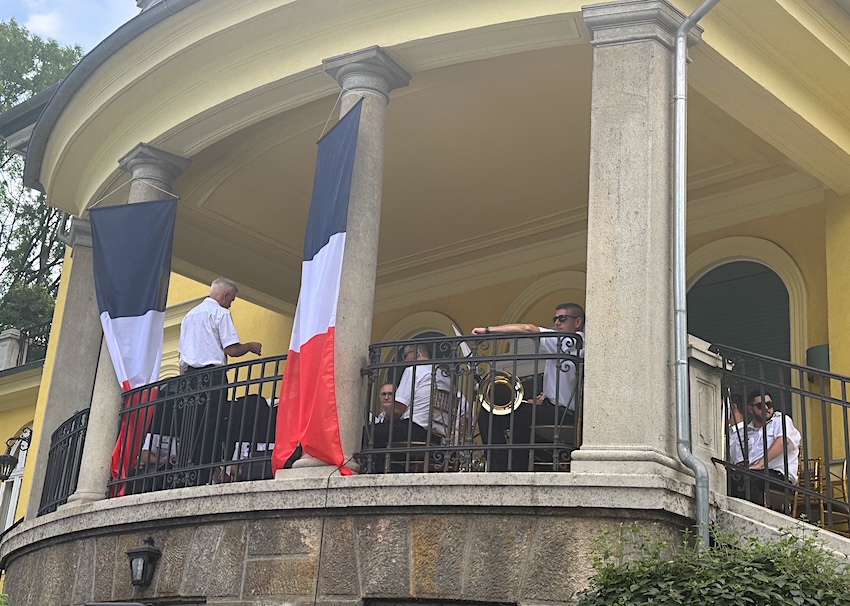
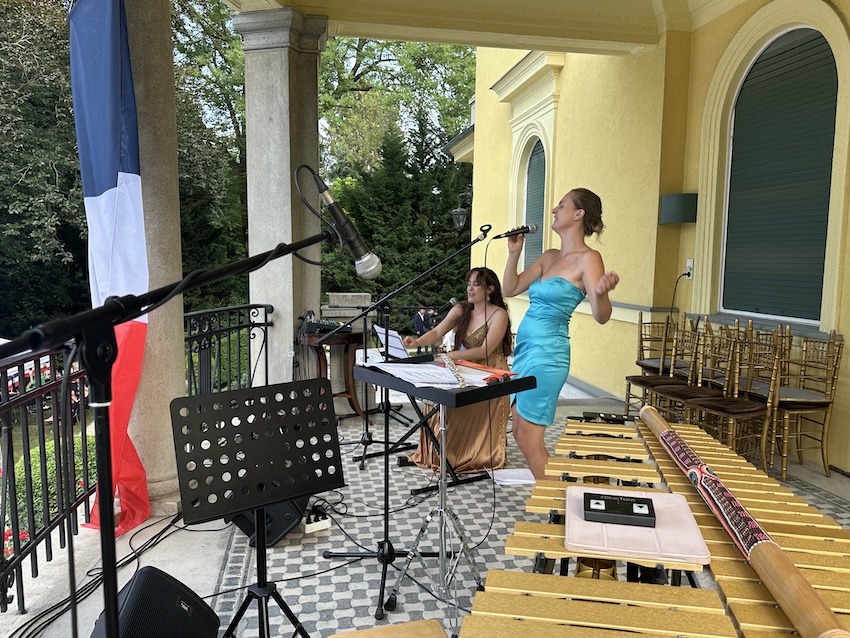
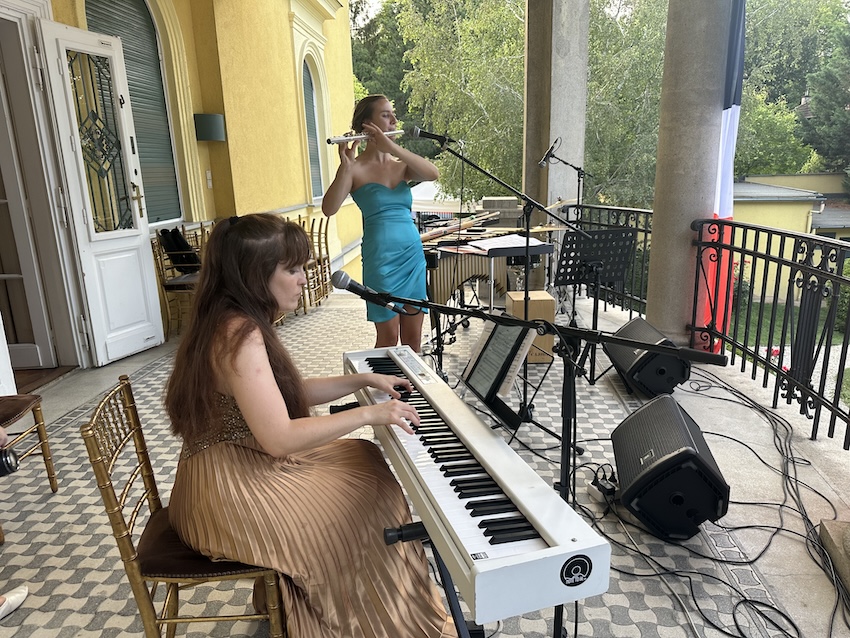
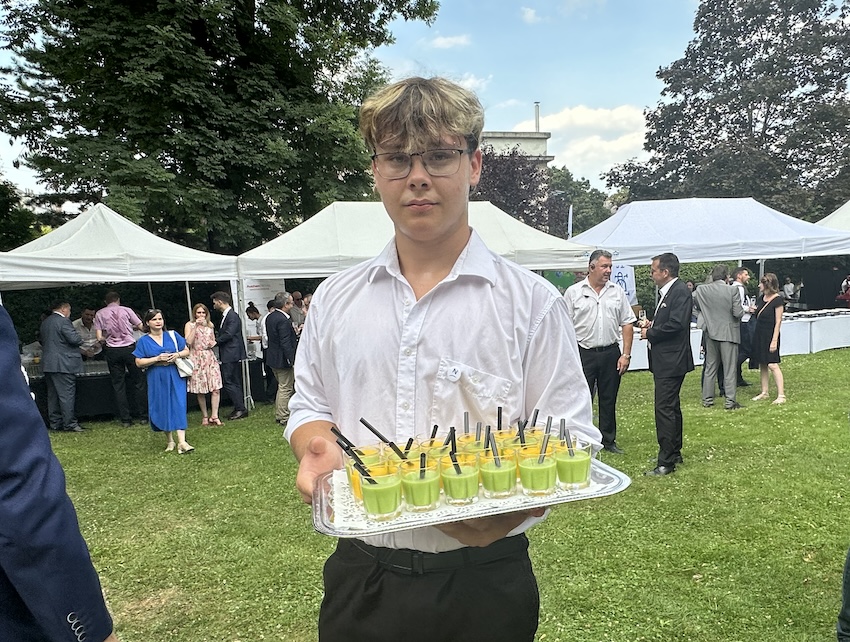

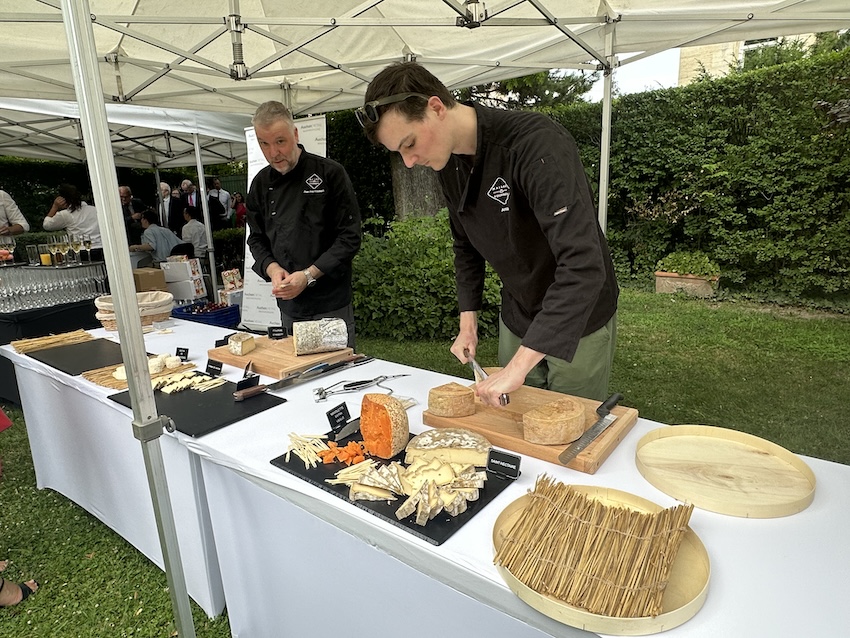
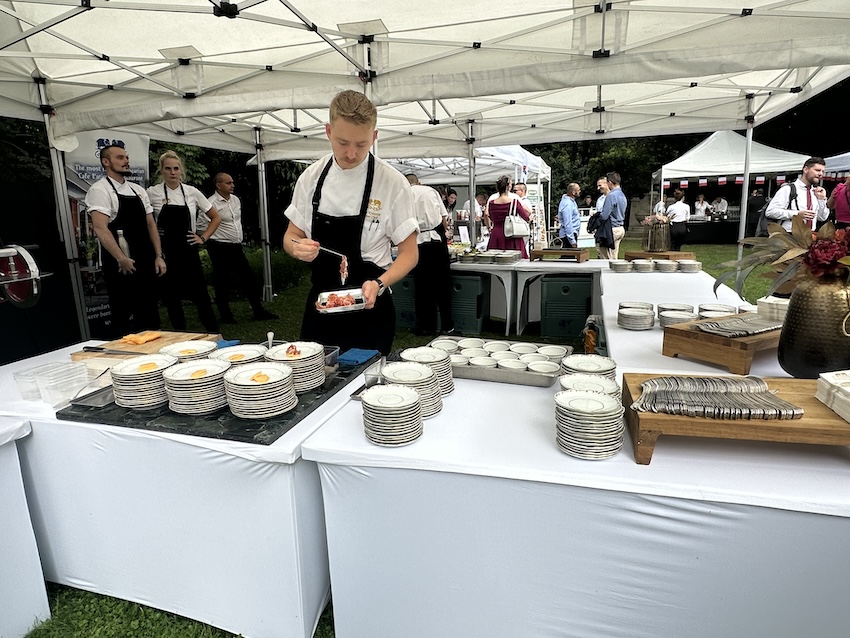
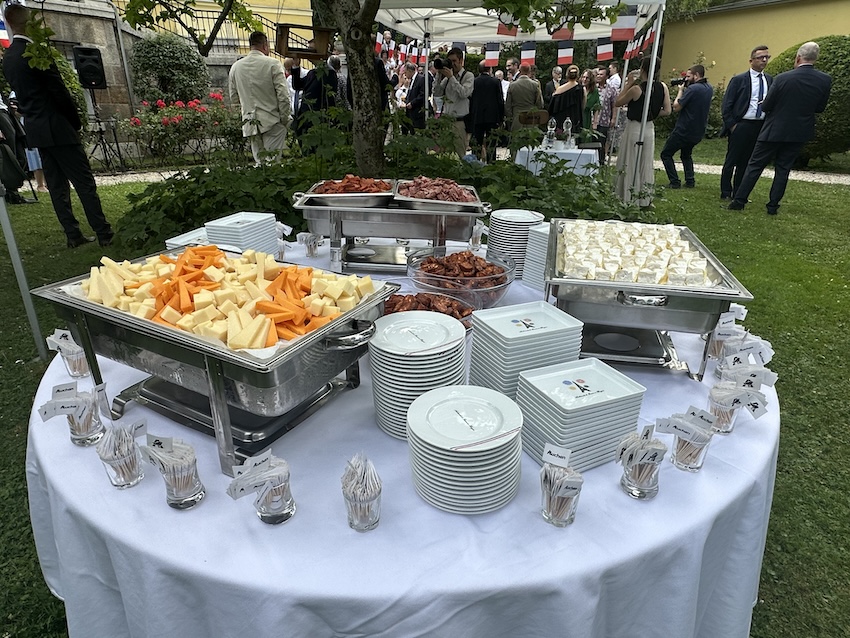
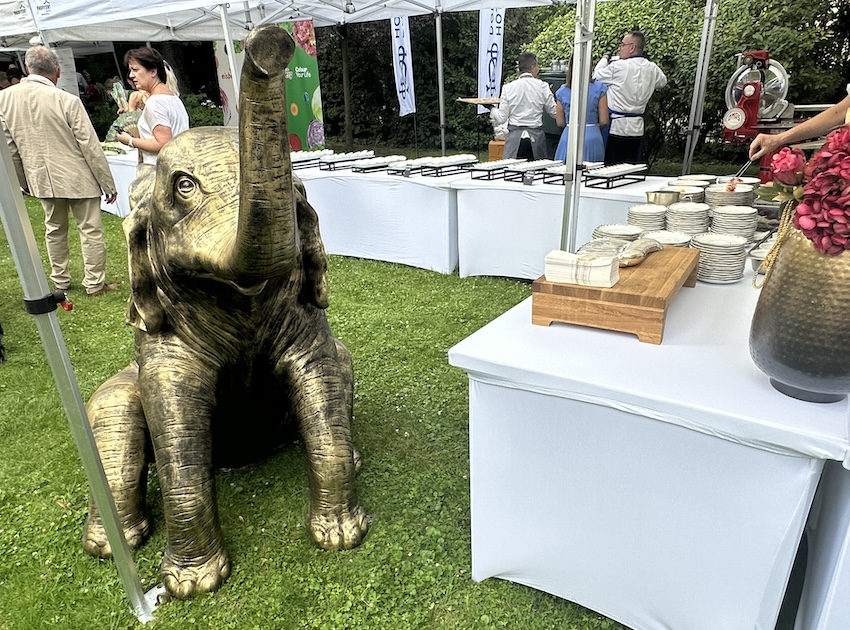

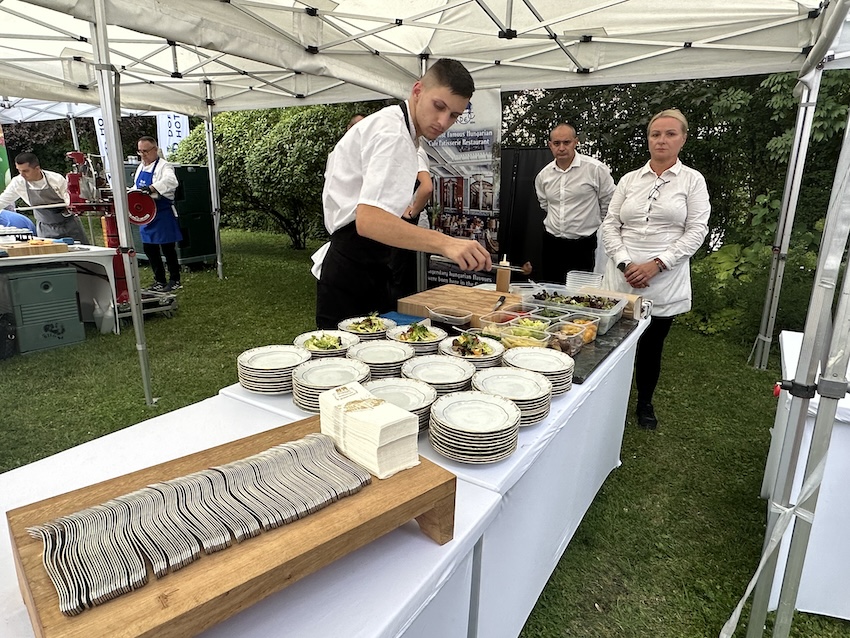
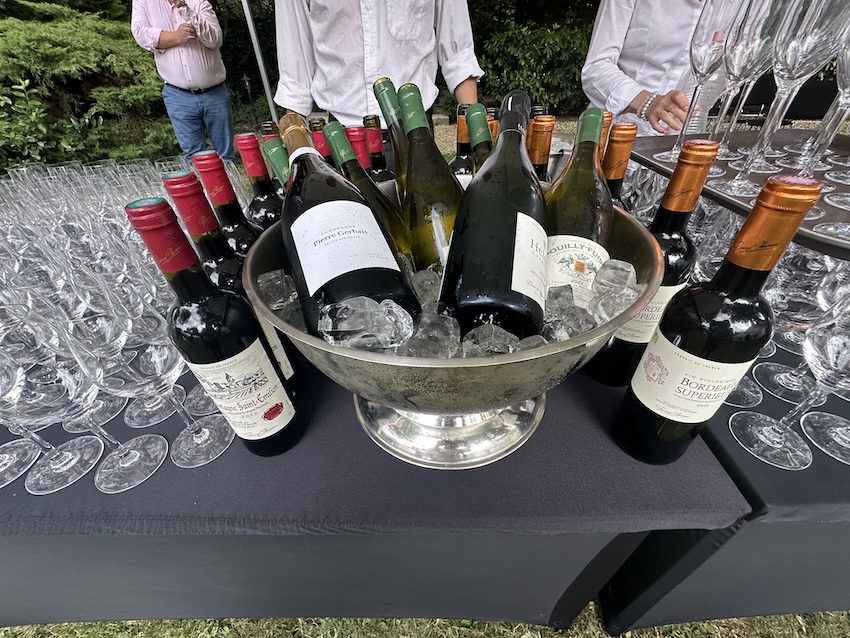
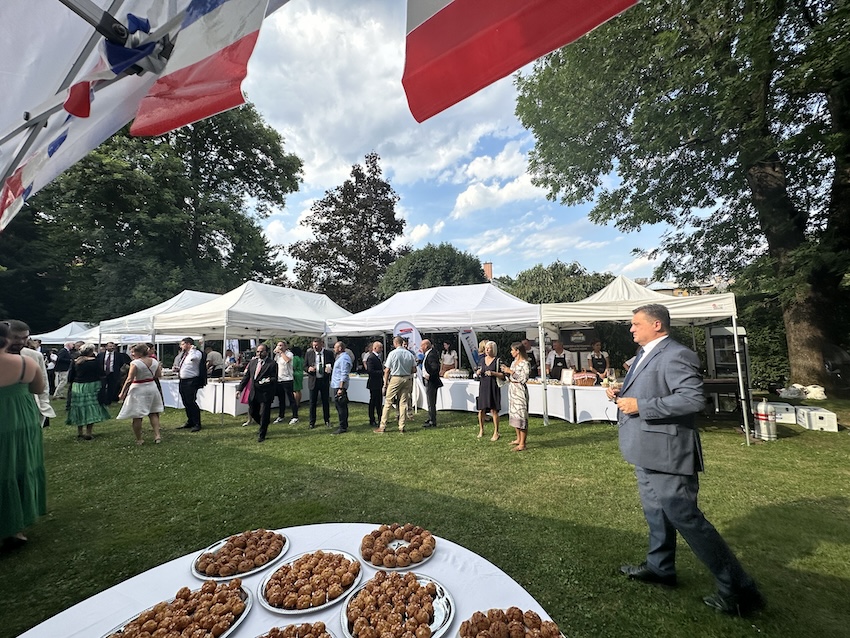
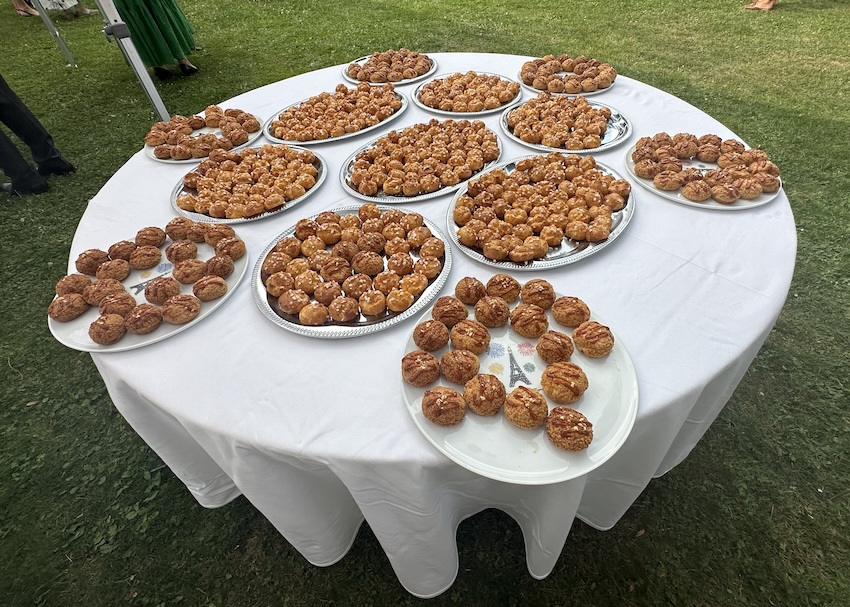
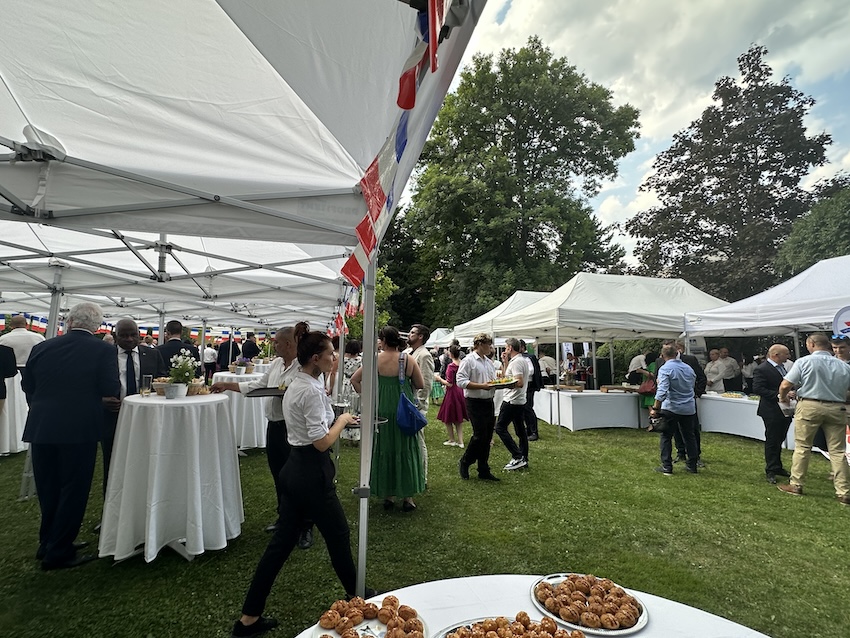
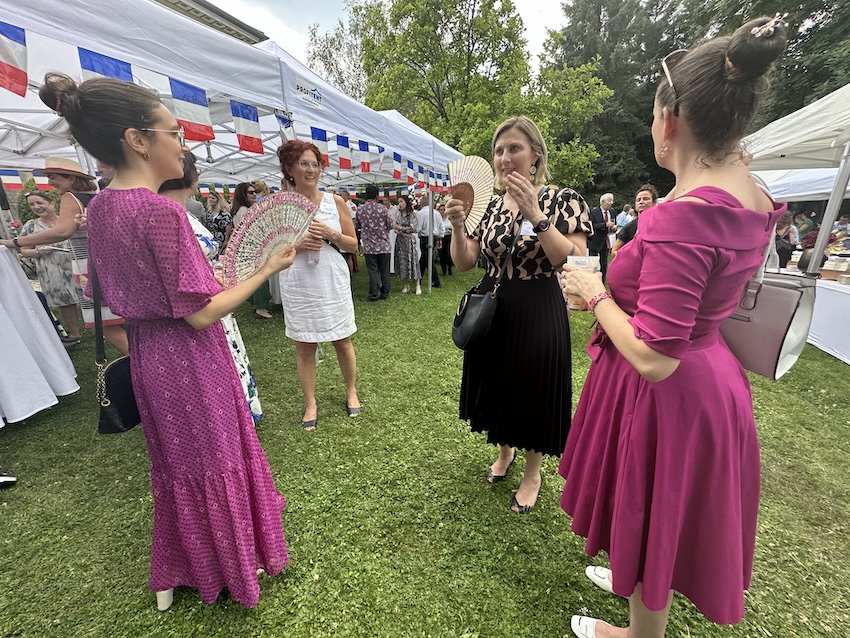
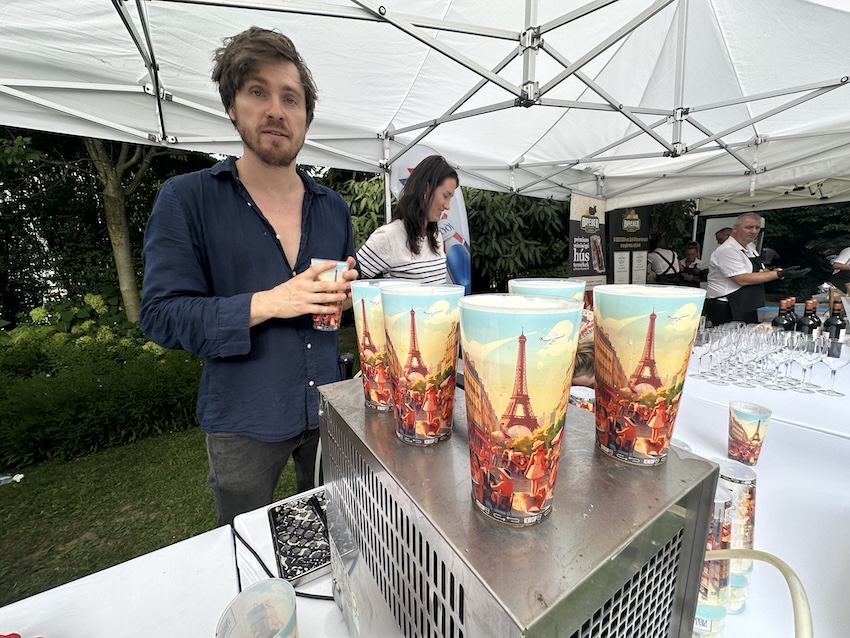
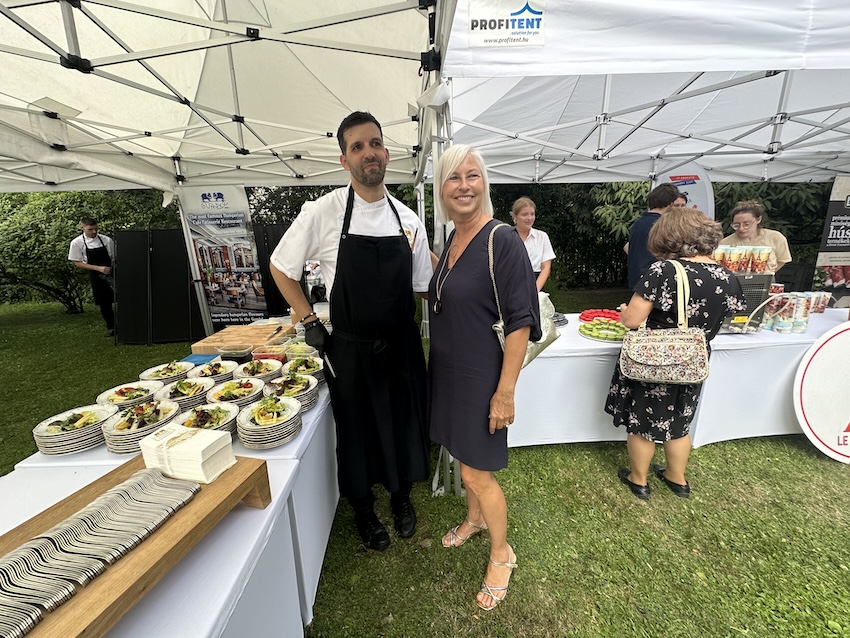
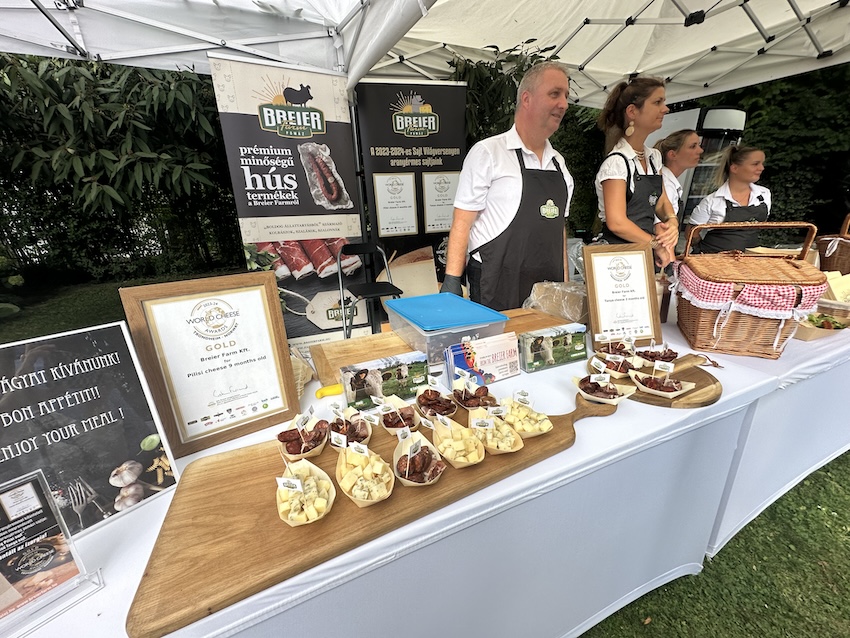
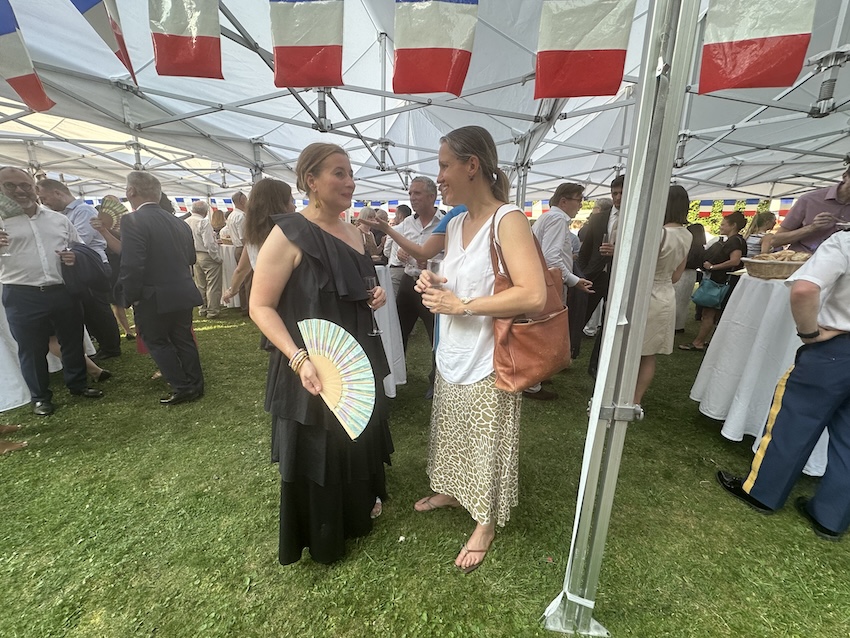
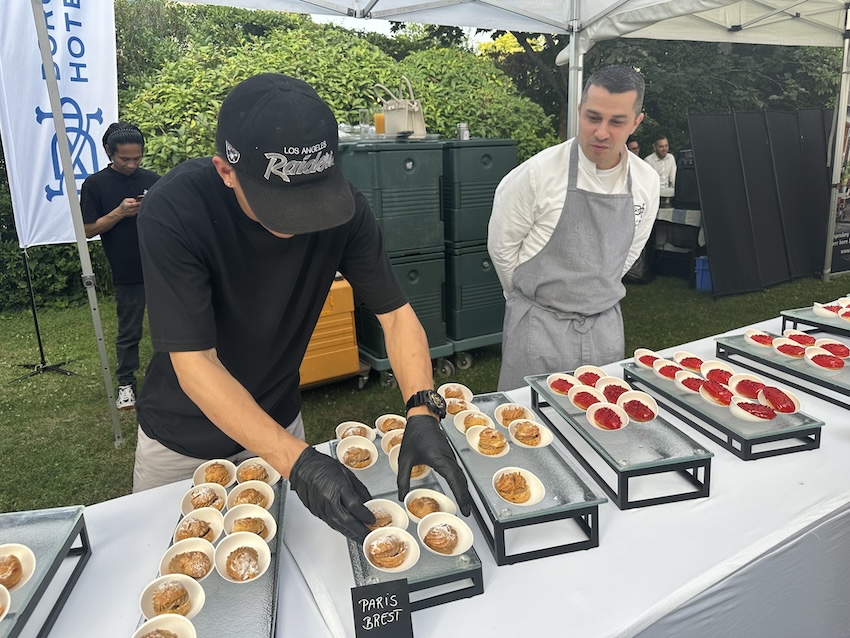
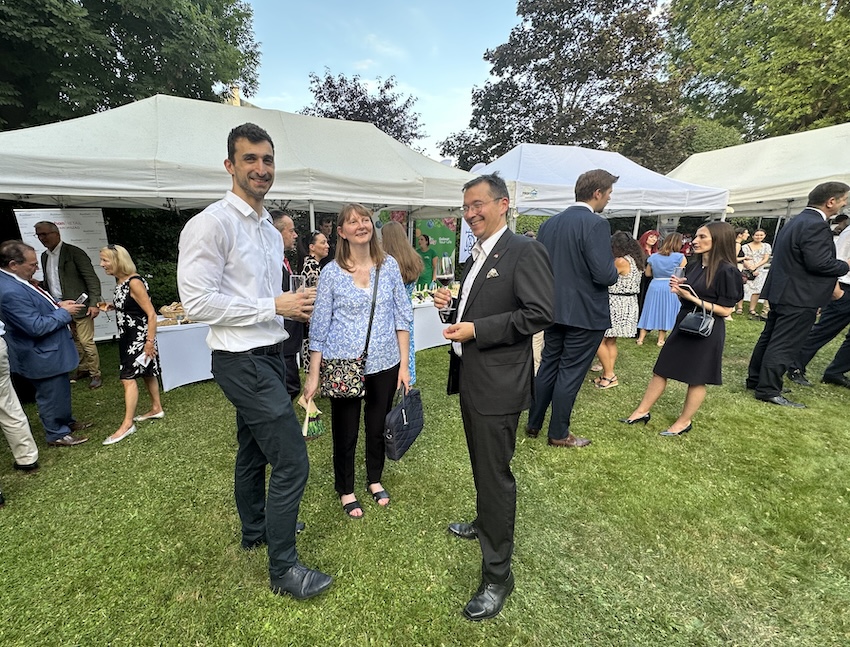

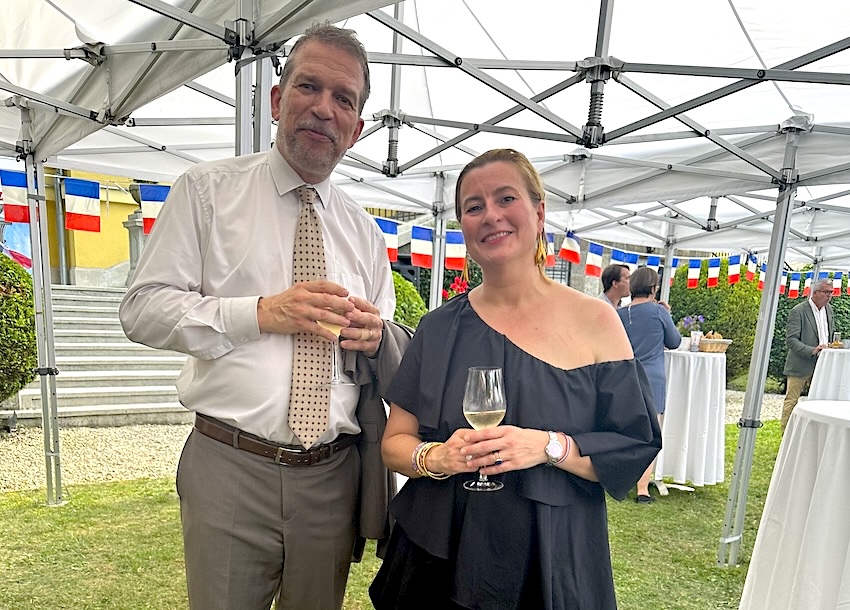
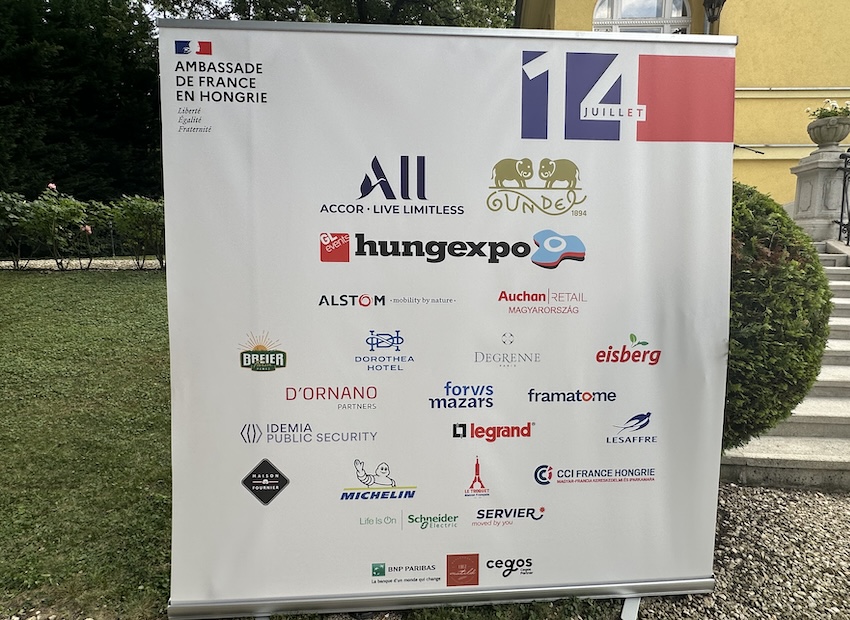
As France commemorates this great day on 14 July 2024, the nation reflects on its journey from revolution to freedom, celebrating the enduring ideals that continue to inspire and unite the French people. The festivities honour the past while also looking to a future shaped by the Olympic values of friendship, respect and excellence.
Olympic Phryge – the mascot of the Paris 2024 Olympic Games
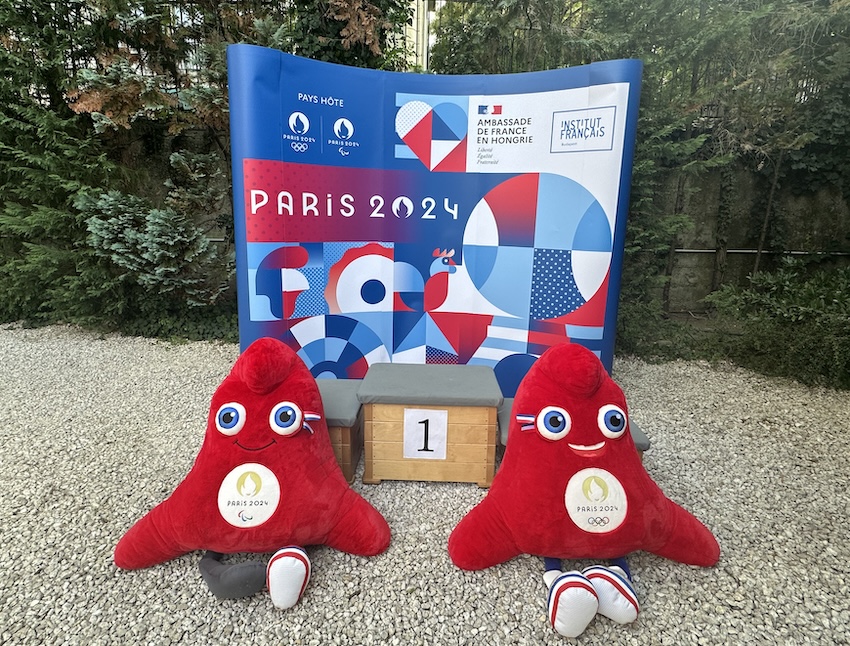
Olympic Phryge – An Ideal, Not an Animal
The red Olympic Phryge serves as the charming mascot of Paris 2024, shaped after the historic Phrygian cap, a powerful symbol of the French Revolution and freedom. The mascot’s name and design were carefully chosen to represent these ideals and the allegorical figures of the French Republic. An international symbol of liberty, the Phrygian cap was also worn by freed slaves in Greece and the Roman era.
Reflecting Paris 2024’s vision that sport can change lives, Olympic Phryge plays a key role in leading a revolution through sport. The mascot is dressed in the blue, white and red of France’s tricolour flag, with the golden Paris 2024 logo proudly displayed on its chest.
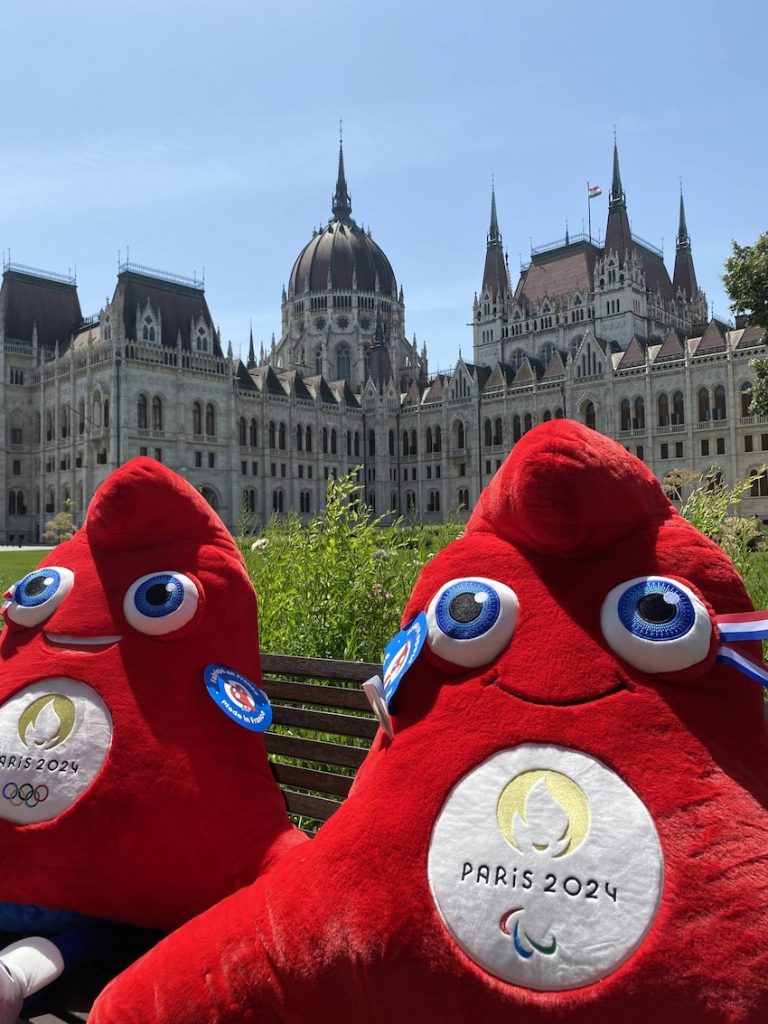
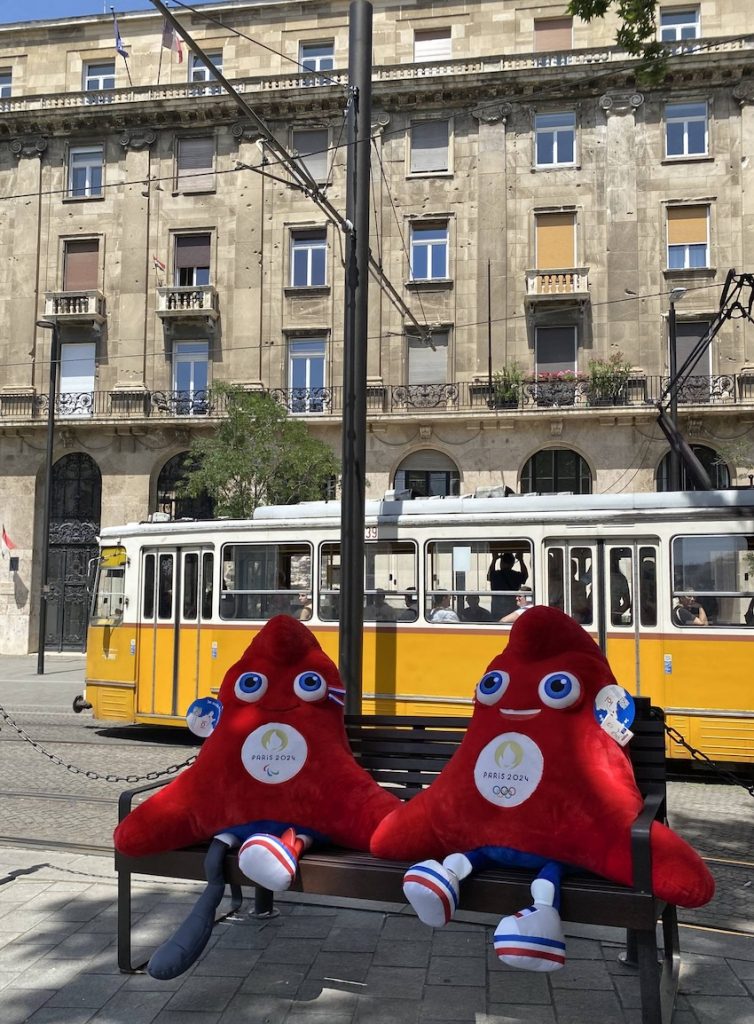
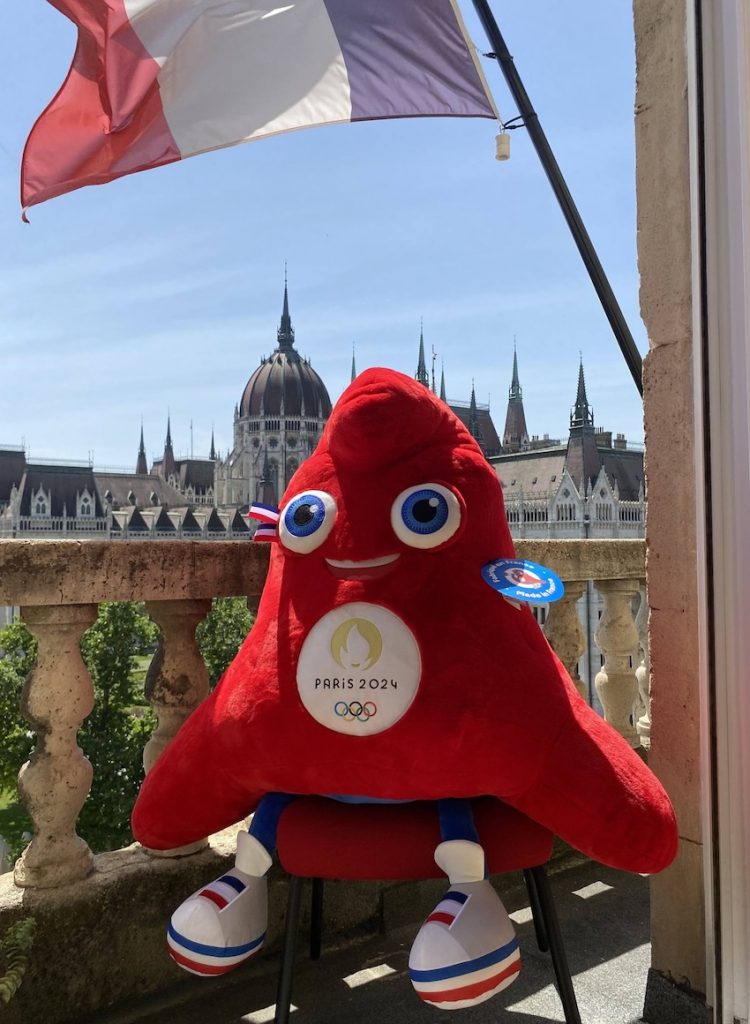
The motto of the Olympic and Paralympic Phryge: “Alone we go faster, but together we go further” emphasizes the importance of unity, illustrating how collaboration can help people achieve greater things together.
The Phrygian cap is a common reference for French people, including in the world of art, as a metaphor for freedom and as a symbol of the Republic in French institutions.
It is famously worn by Marianne, an allegorical figure, the French national icon depicted on statues, which can be found in every city hall across France and even on the country’s coins and stamps. In modern times, some famous French women have served as models for Marianne.
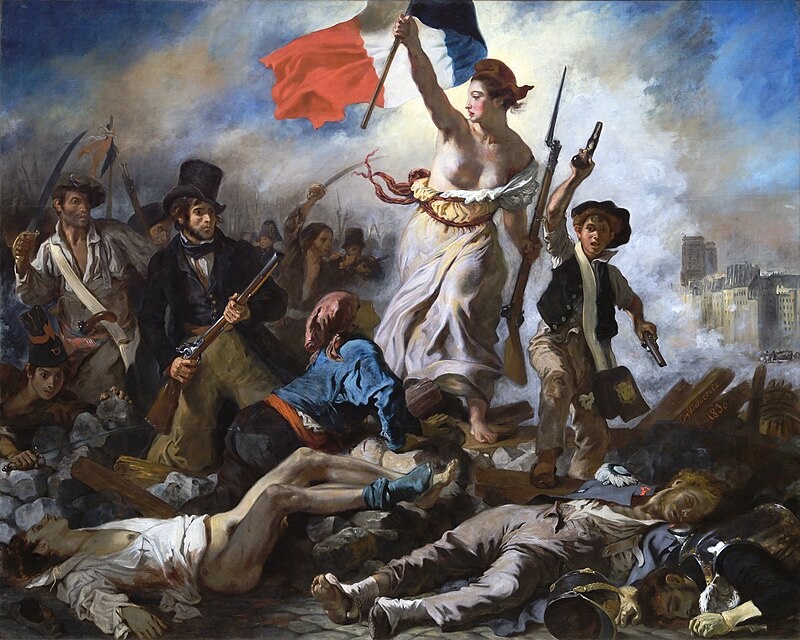
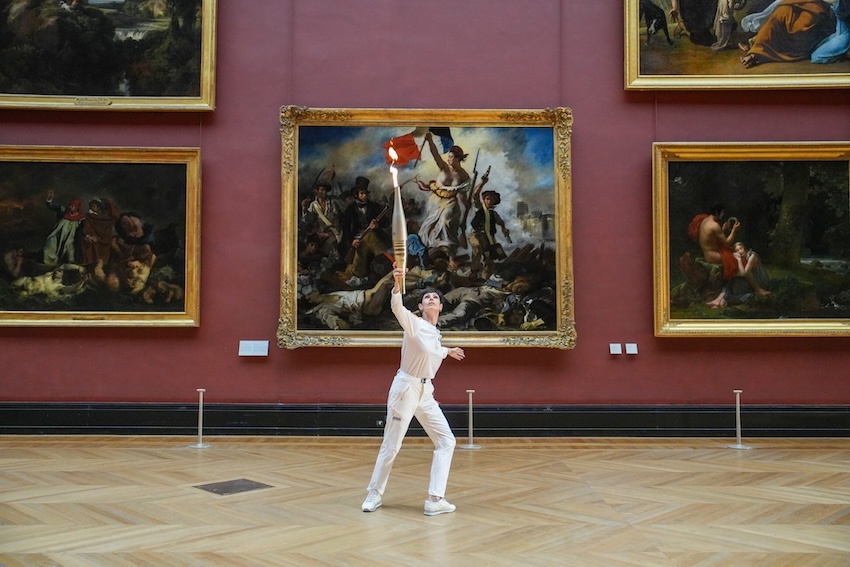
Source: Embassy of France in Budapest
Photos by the Embassy of France in Budapest and DPA


